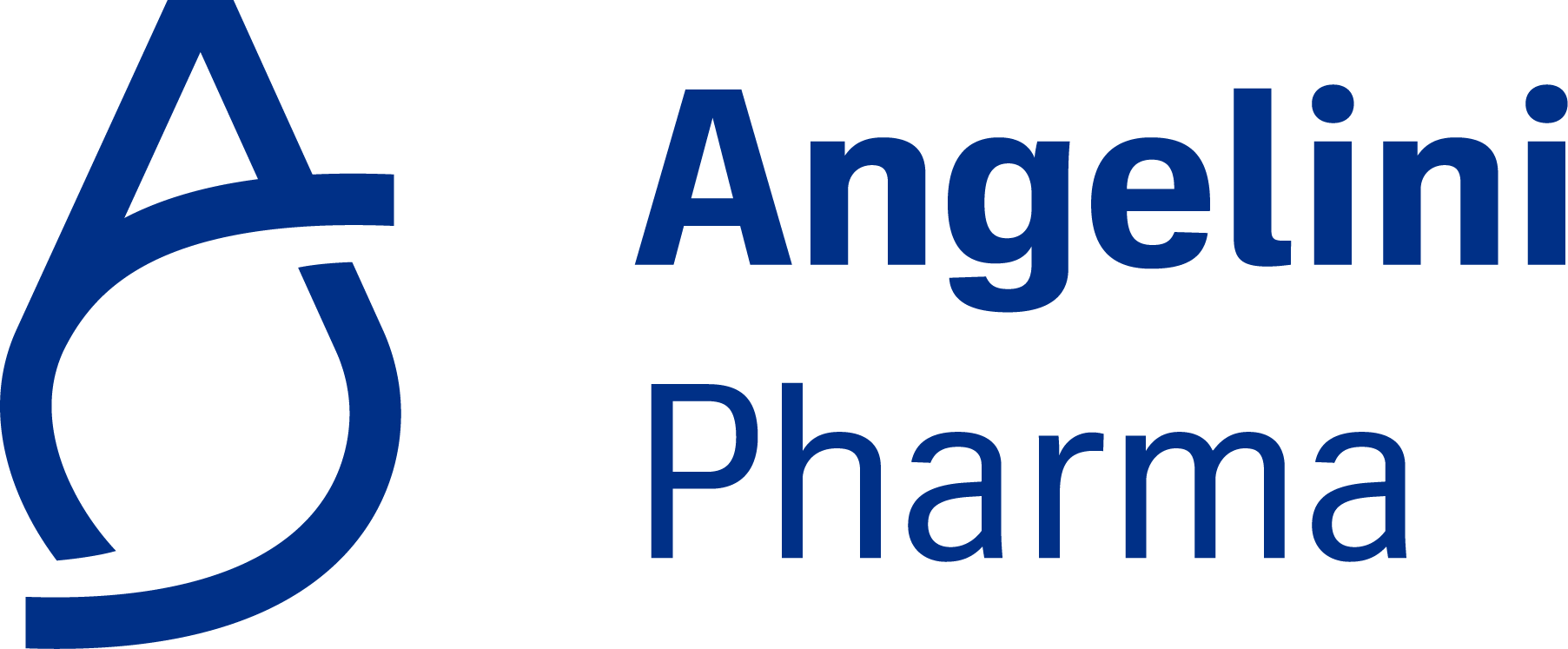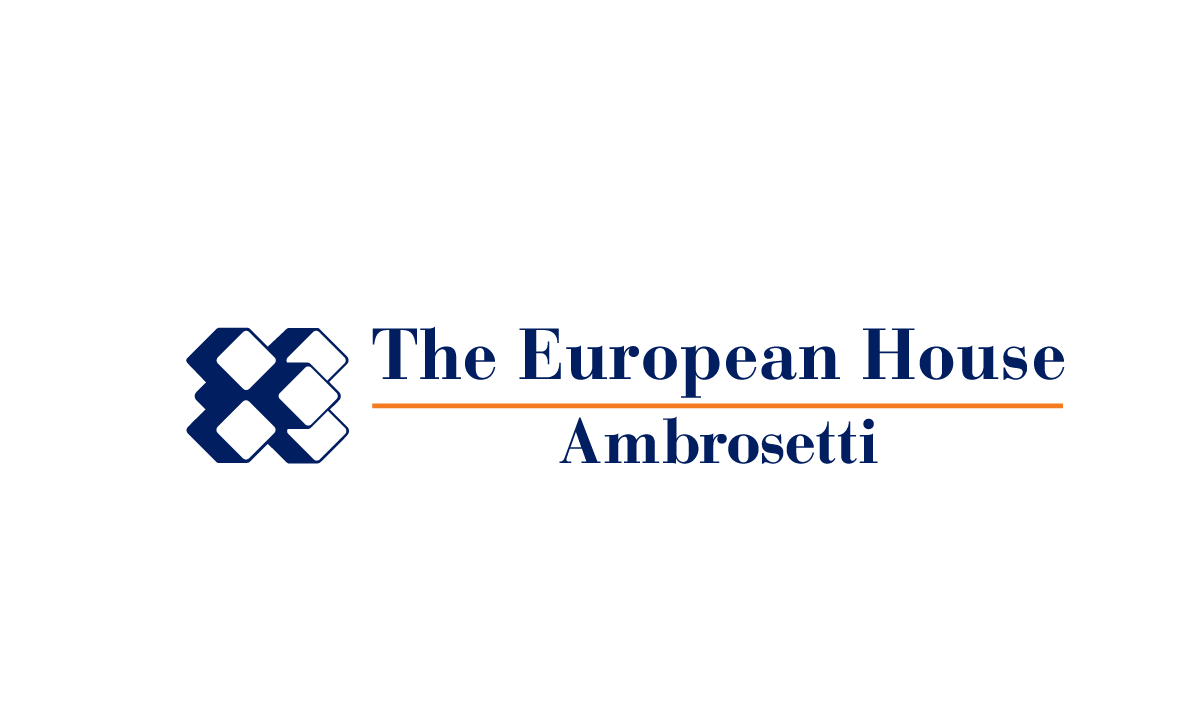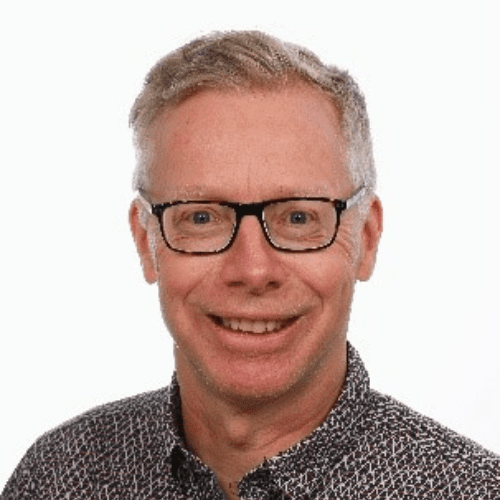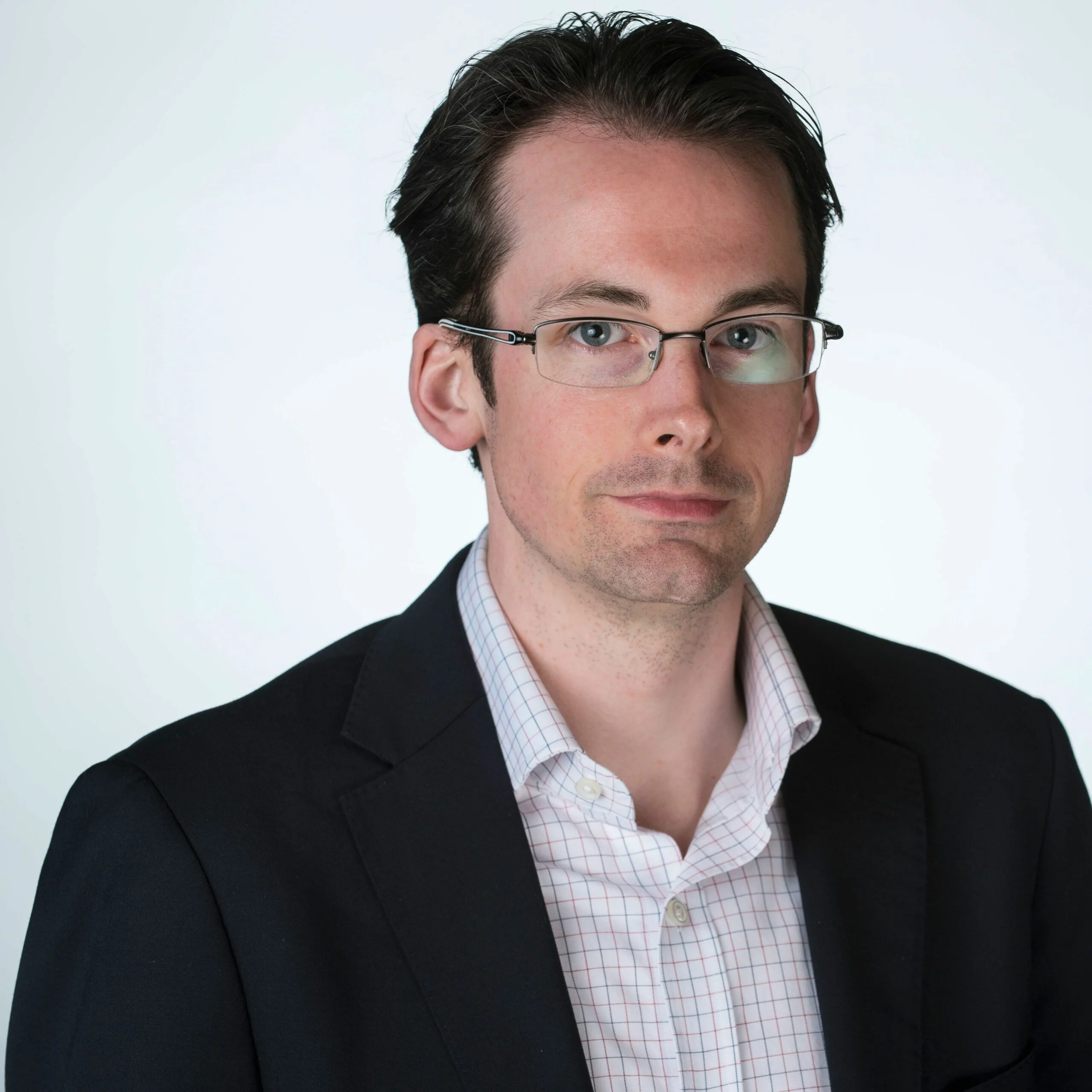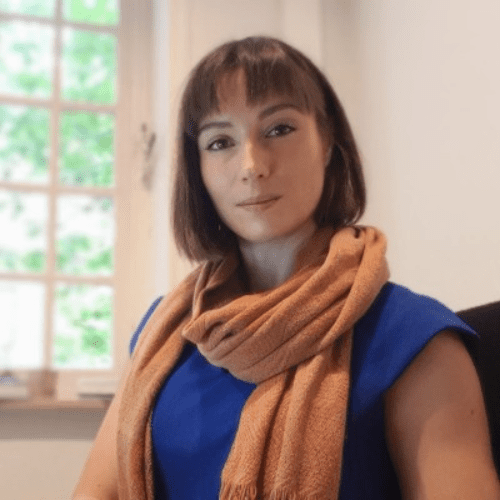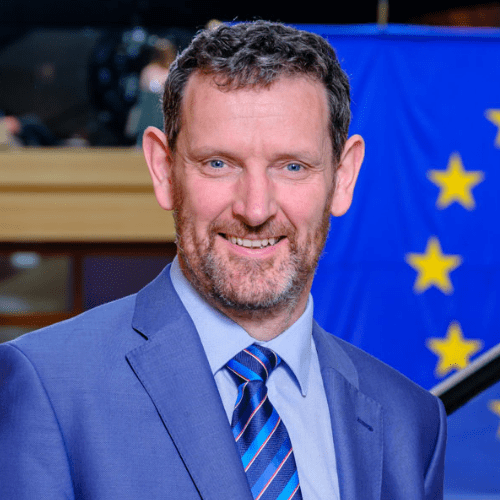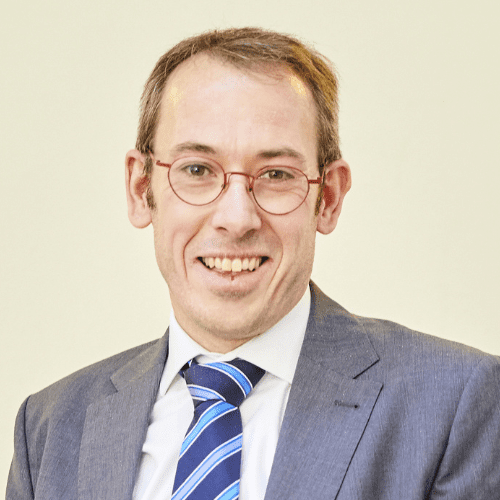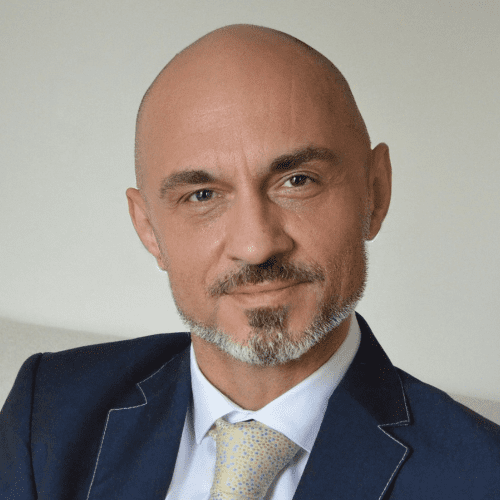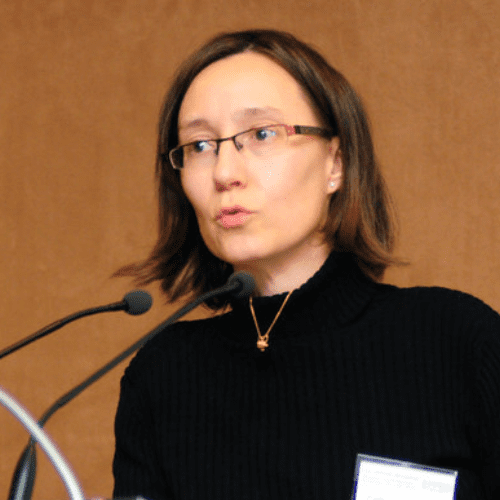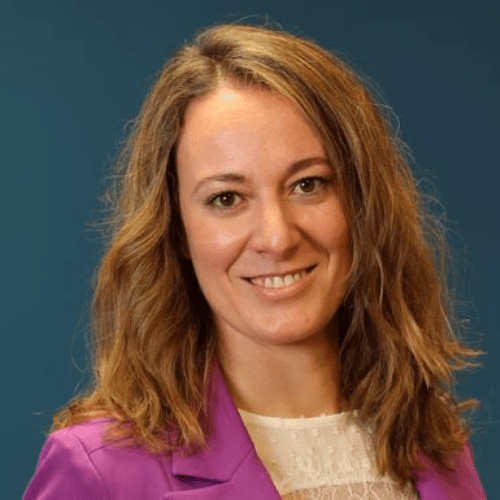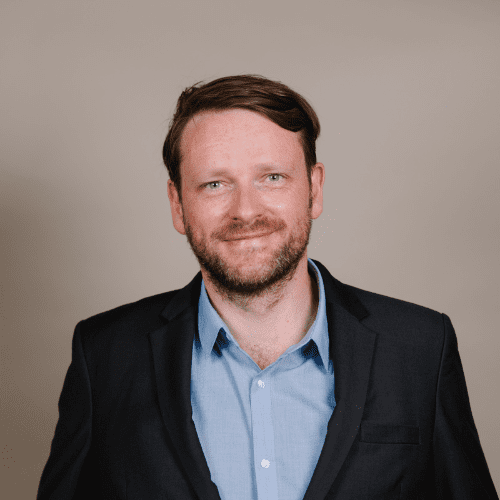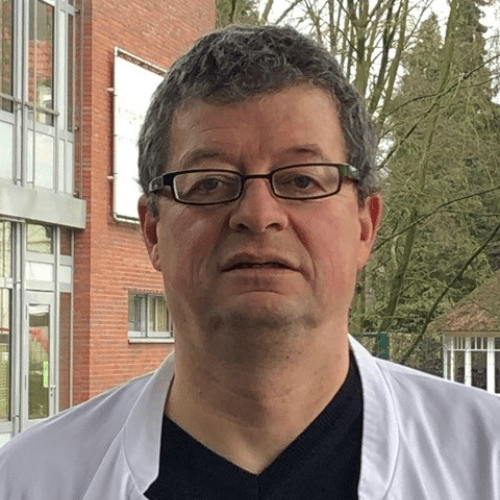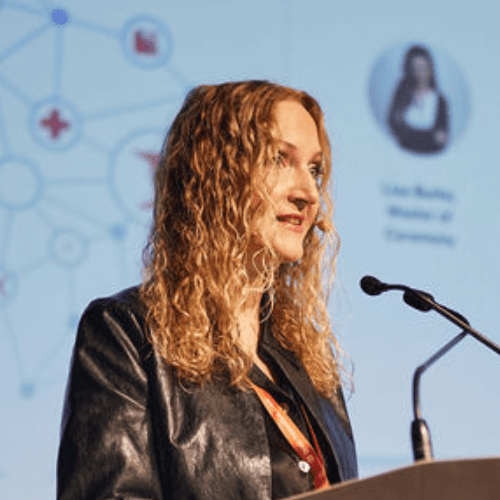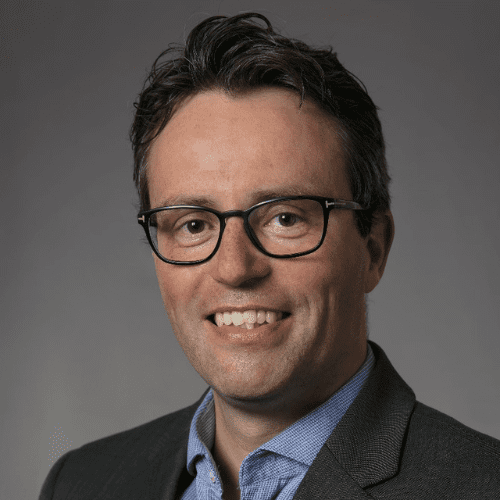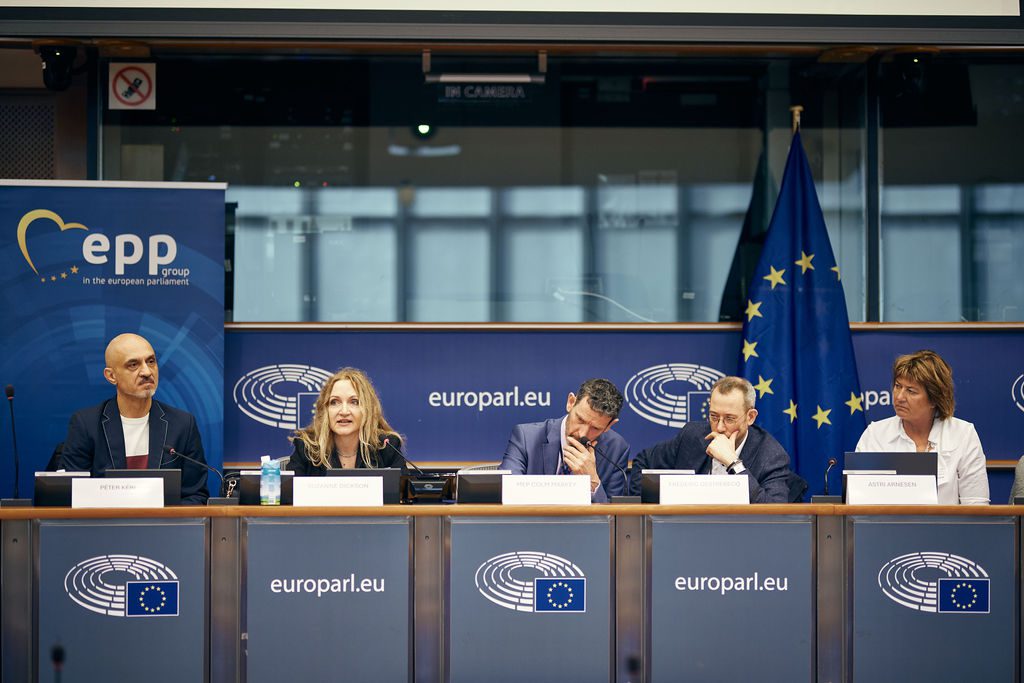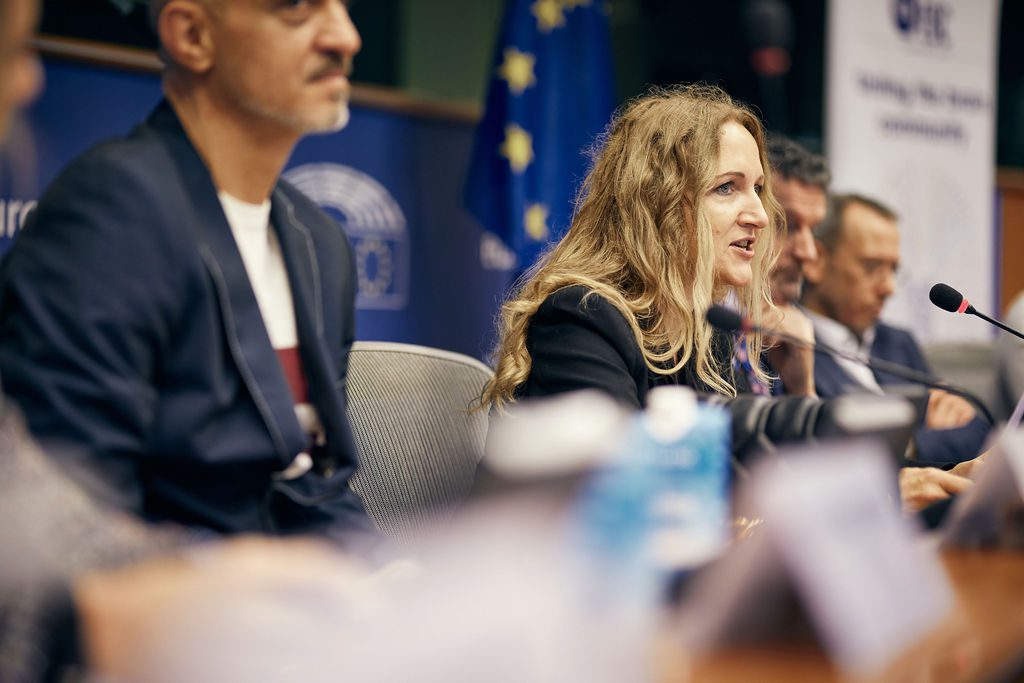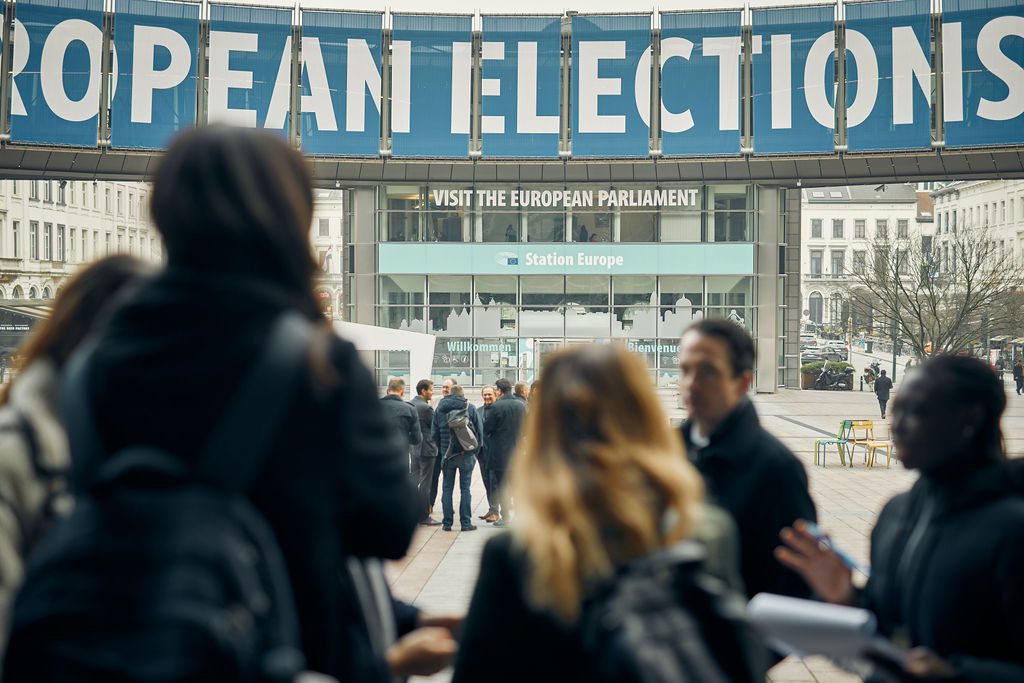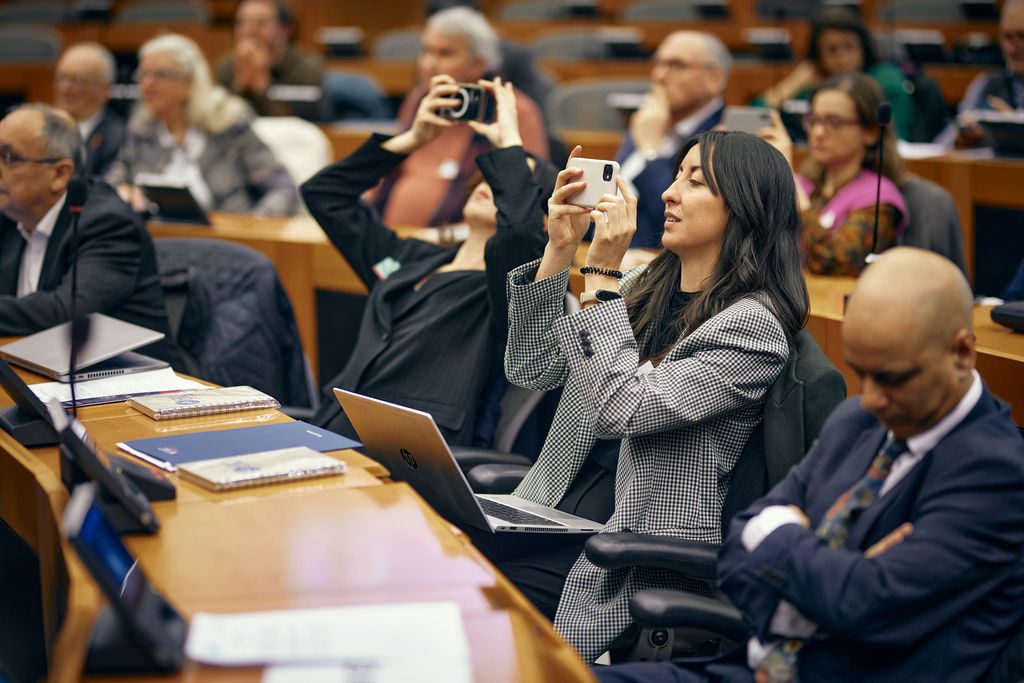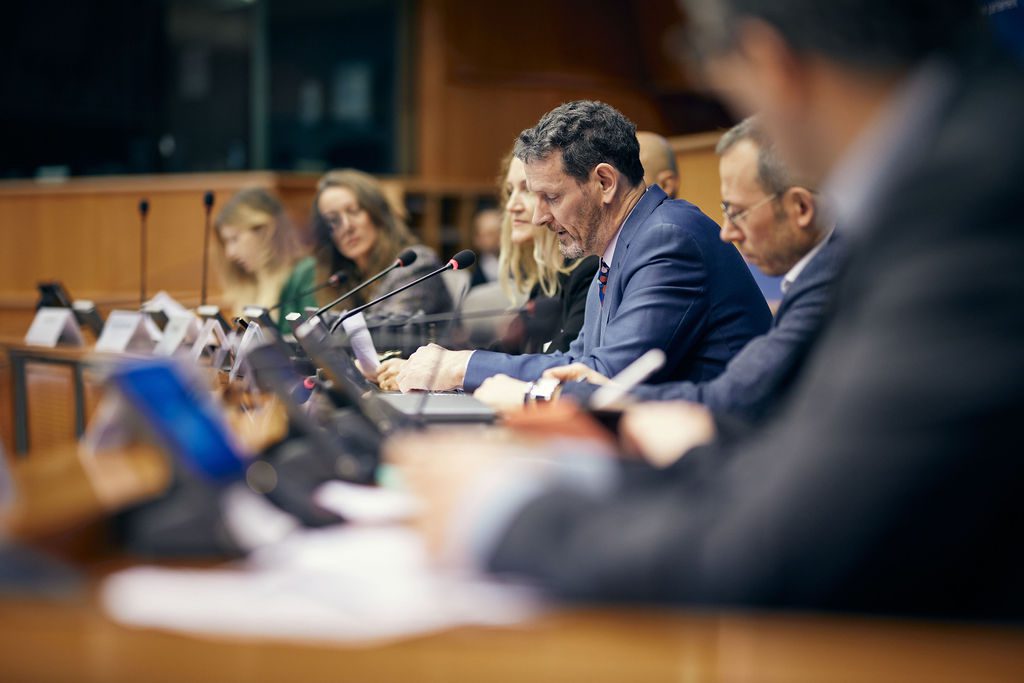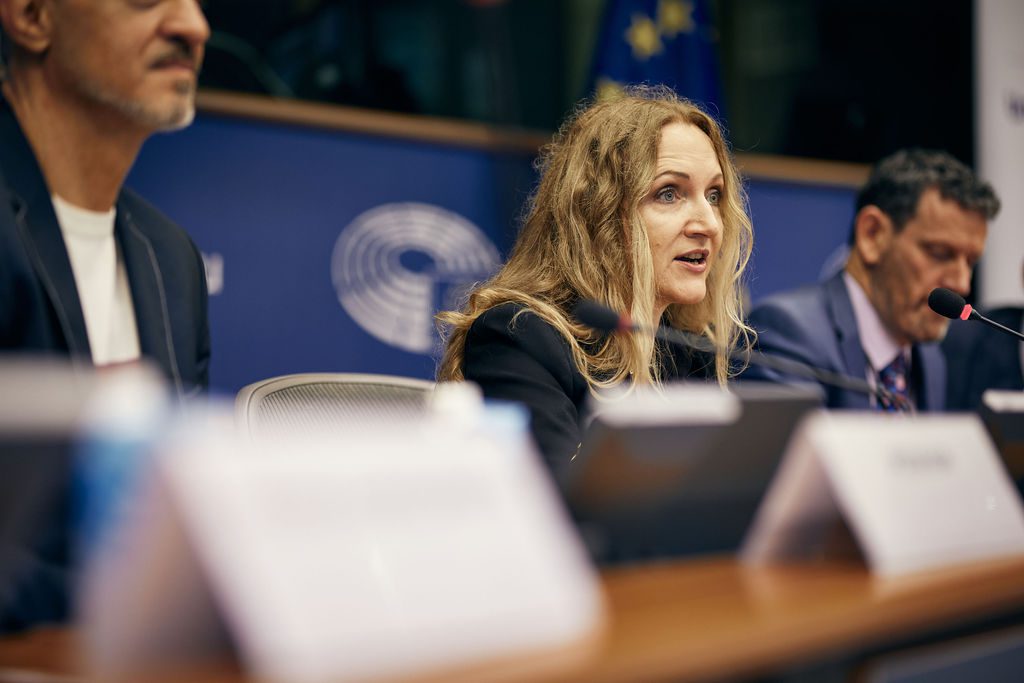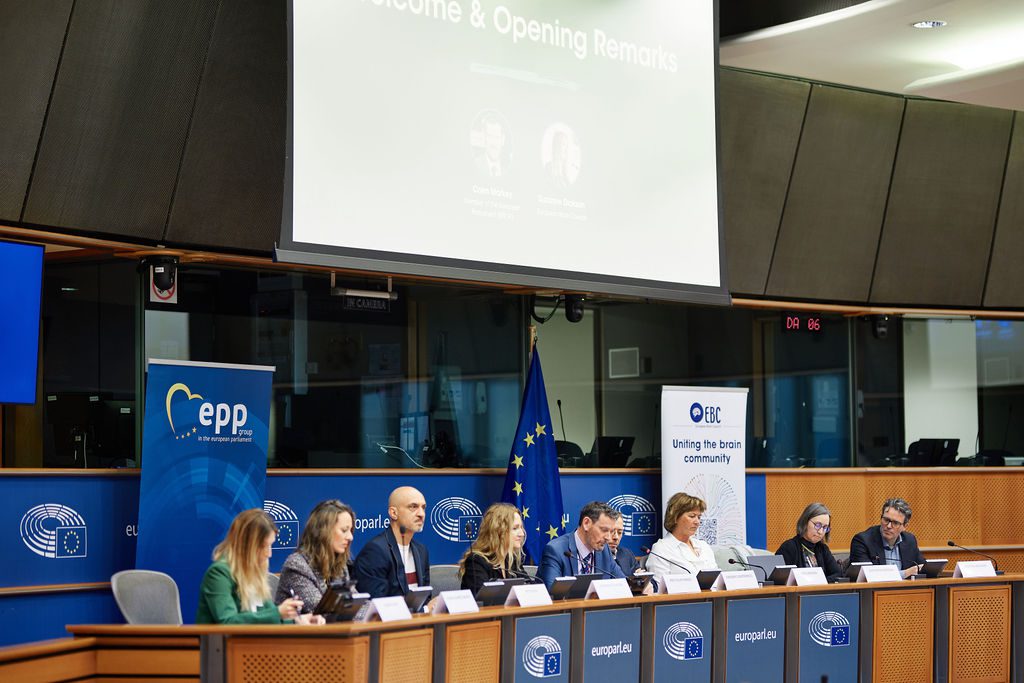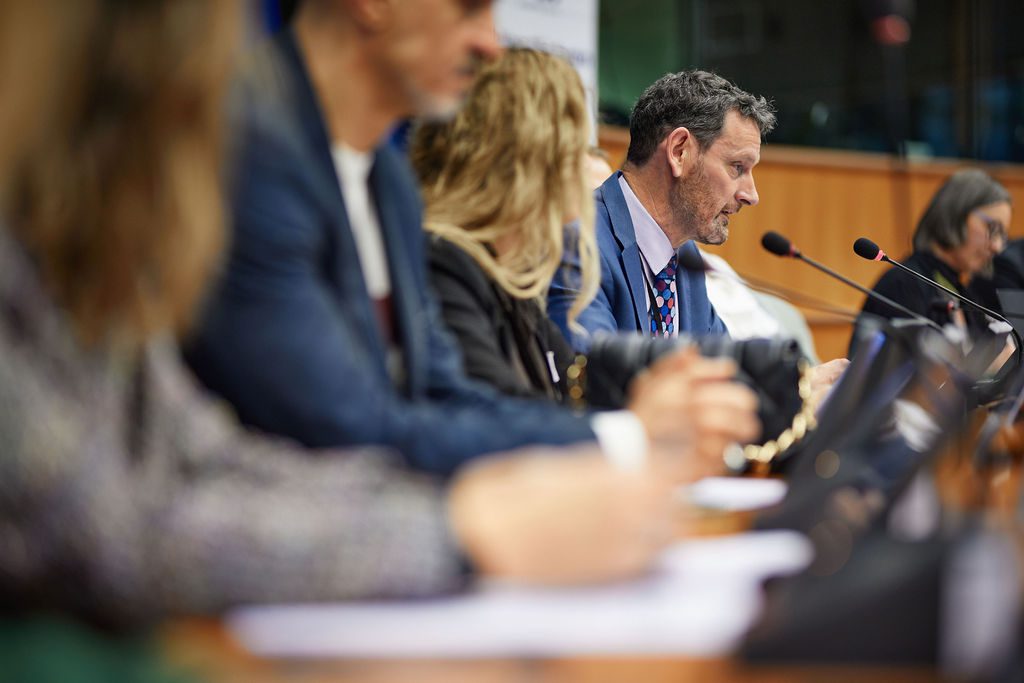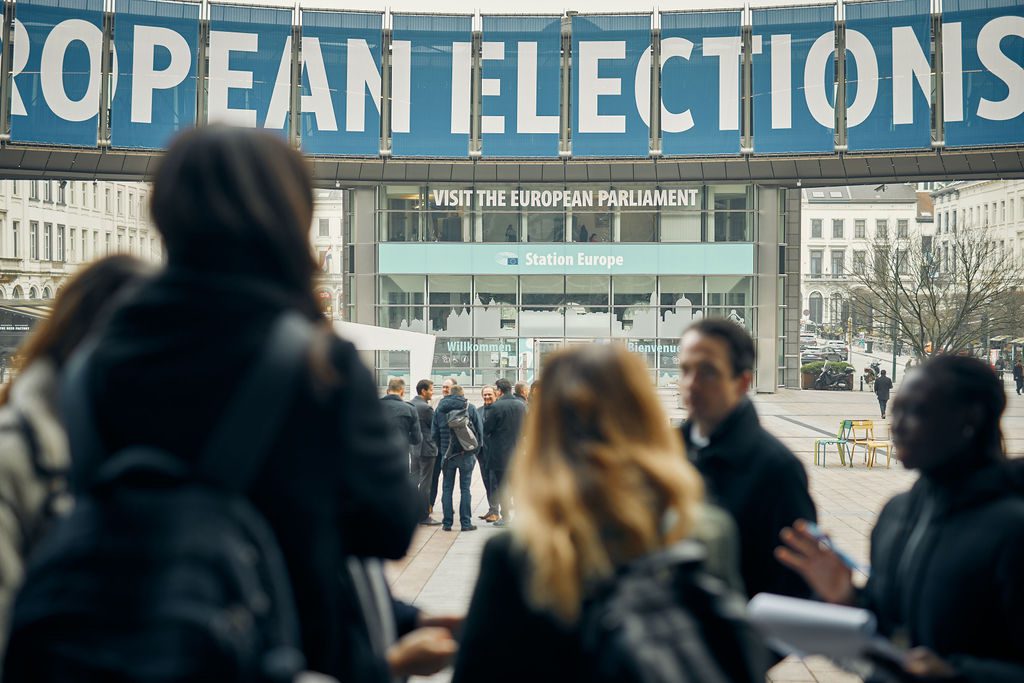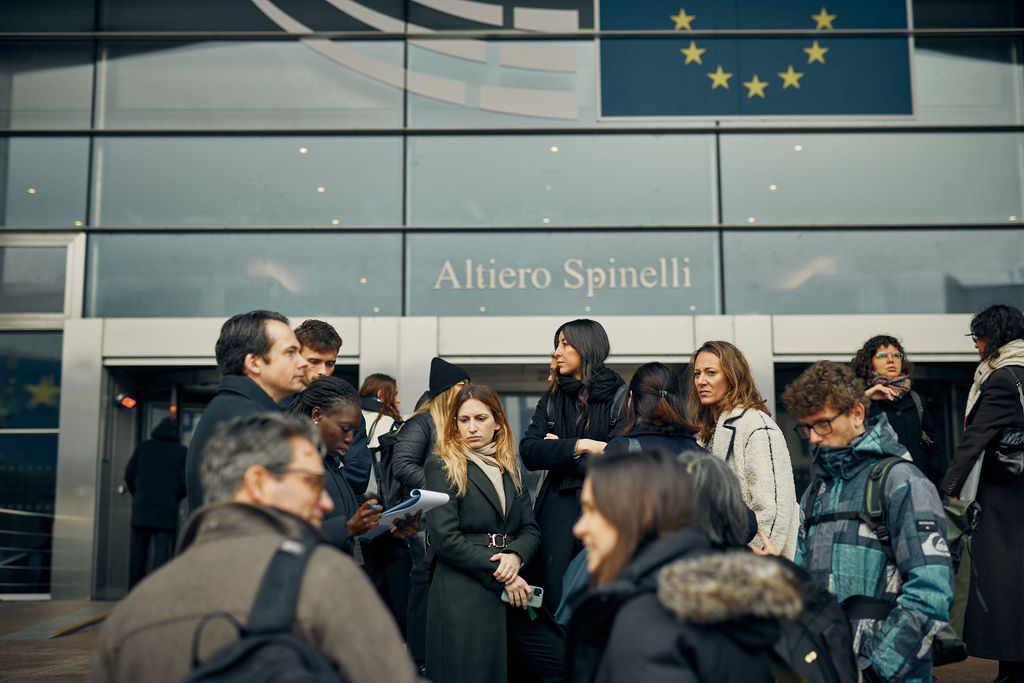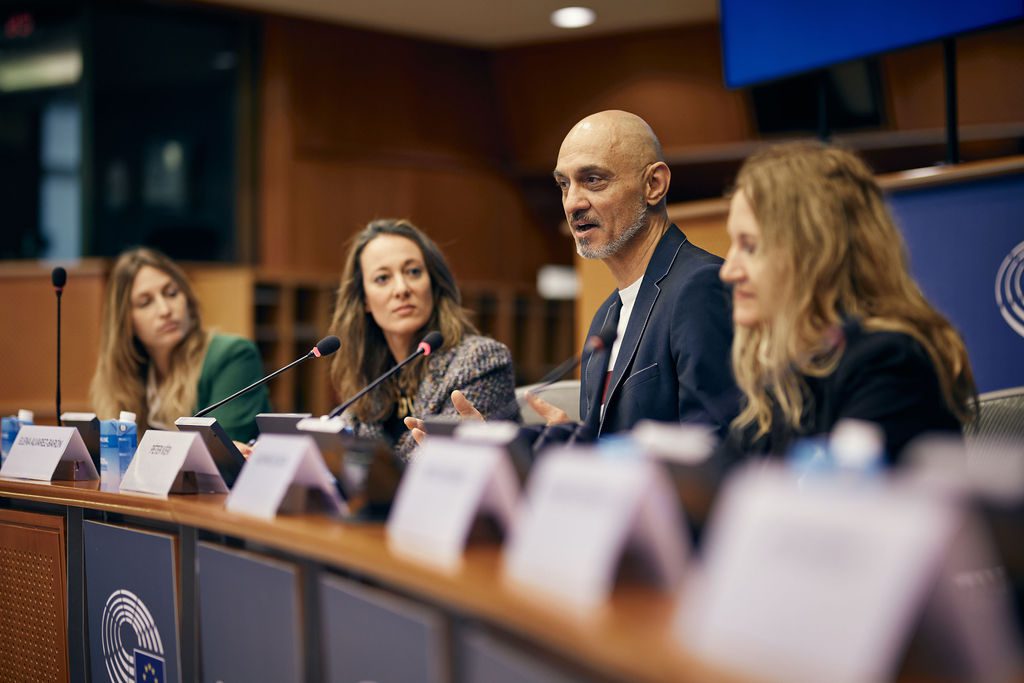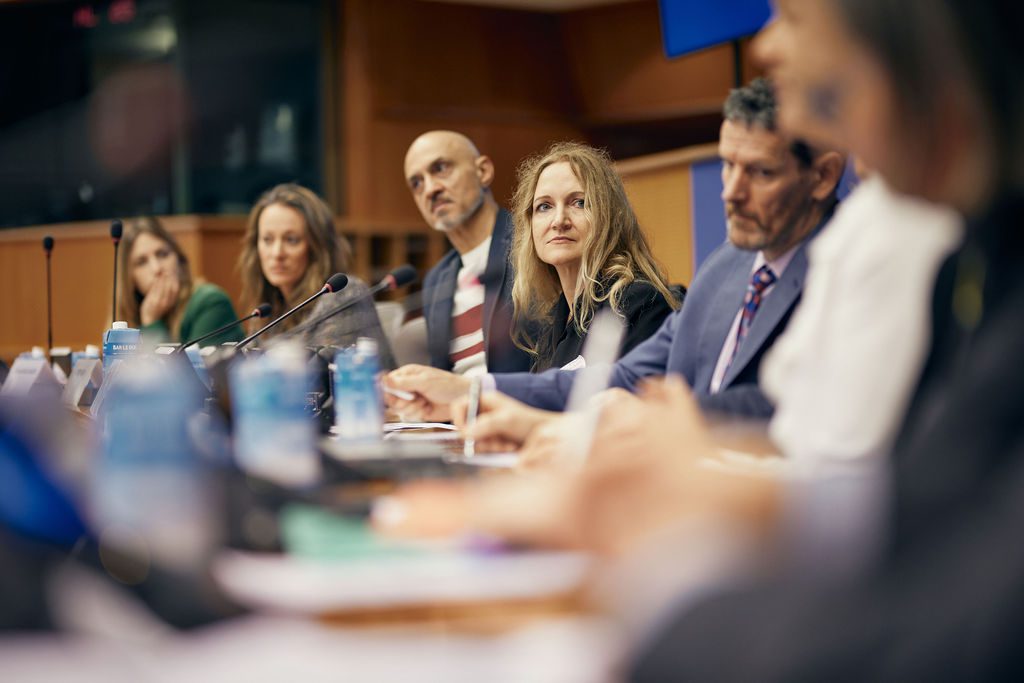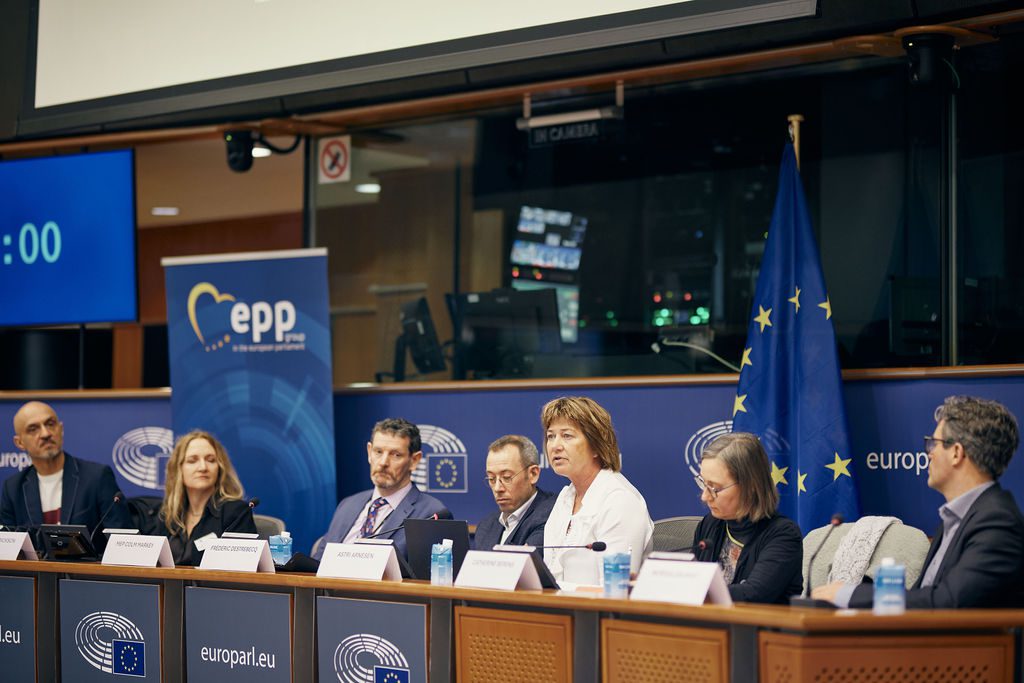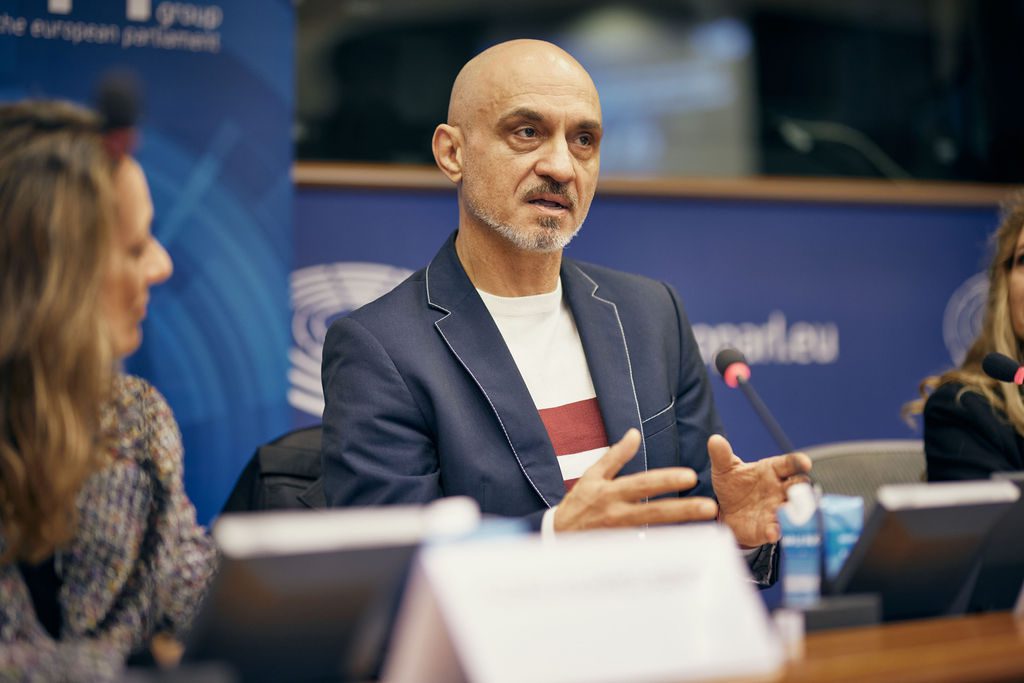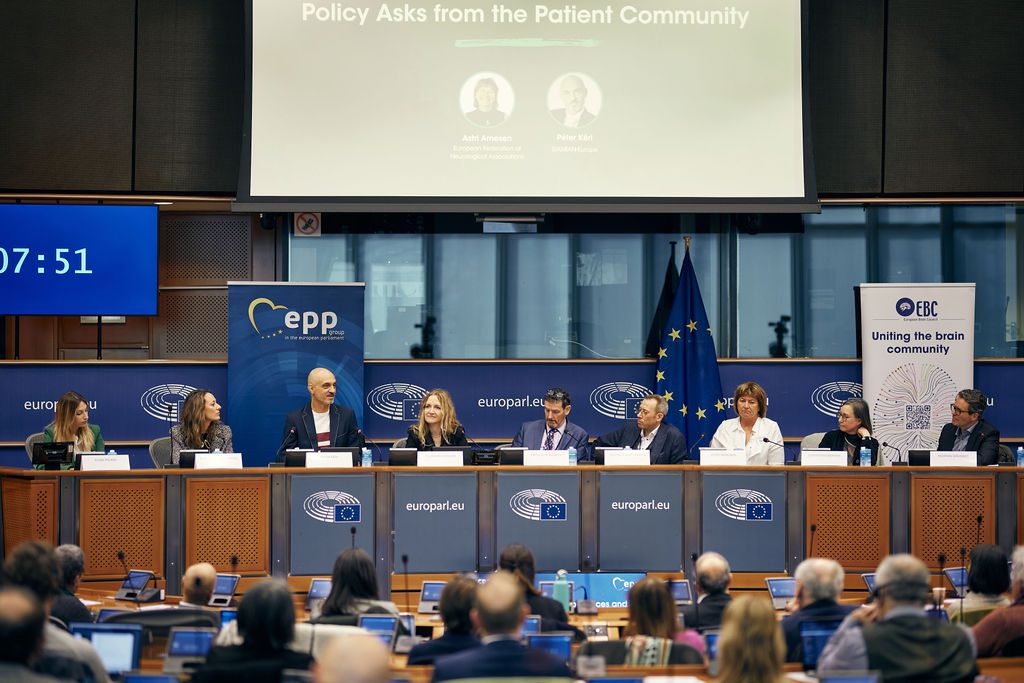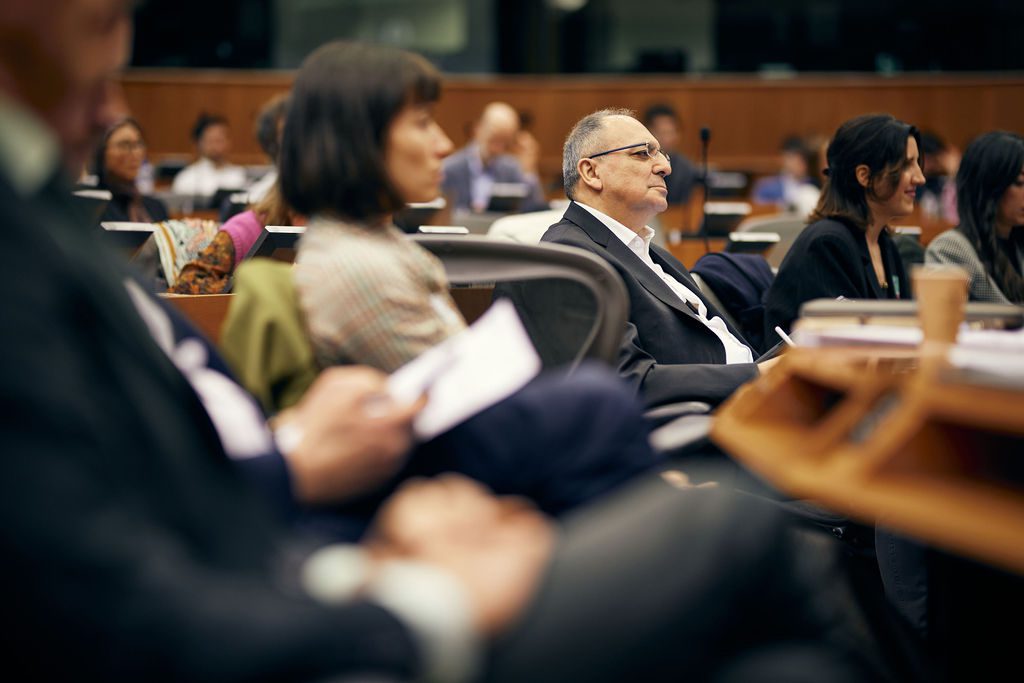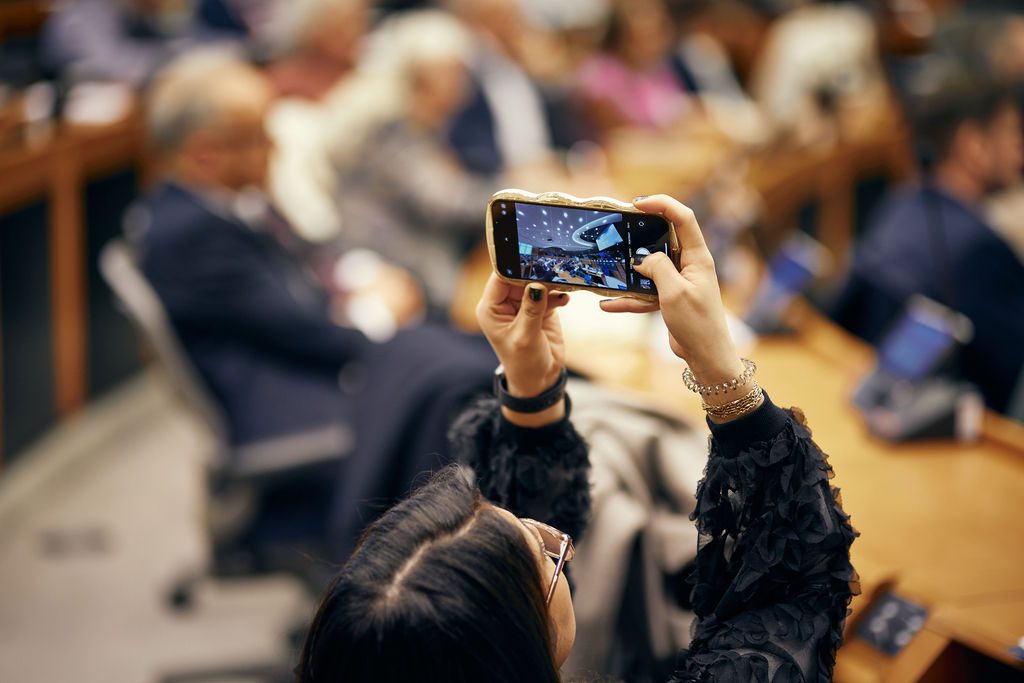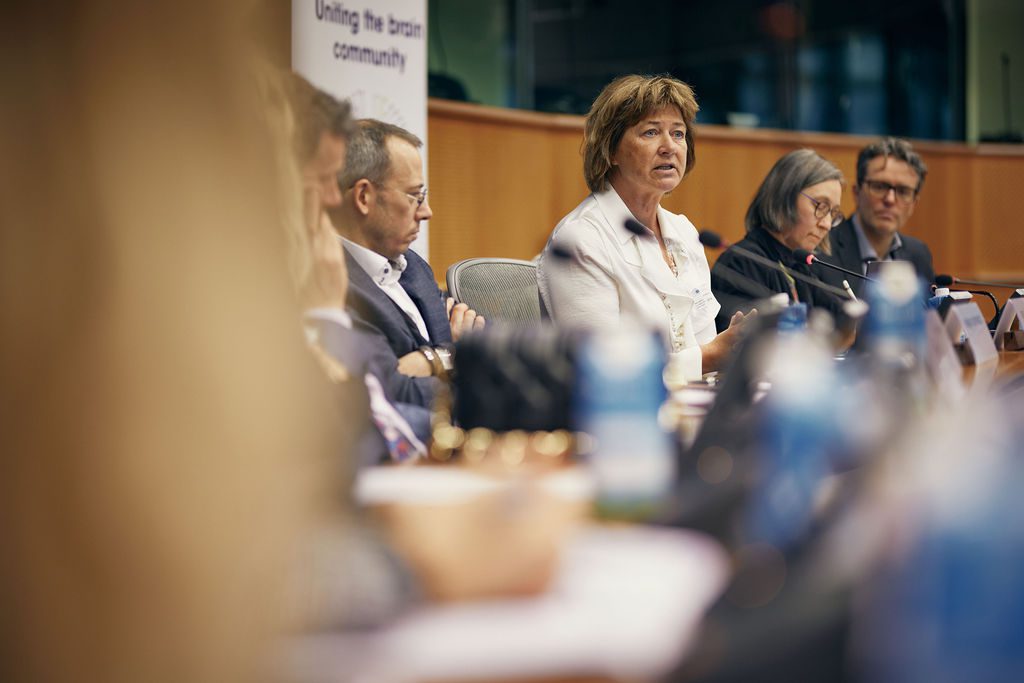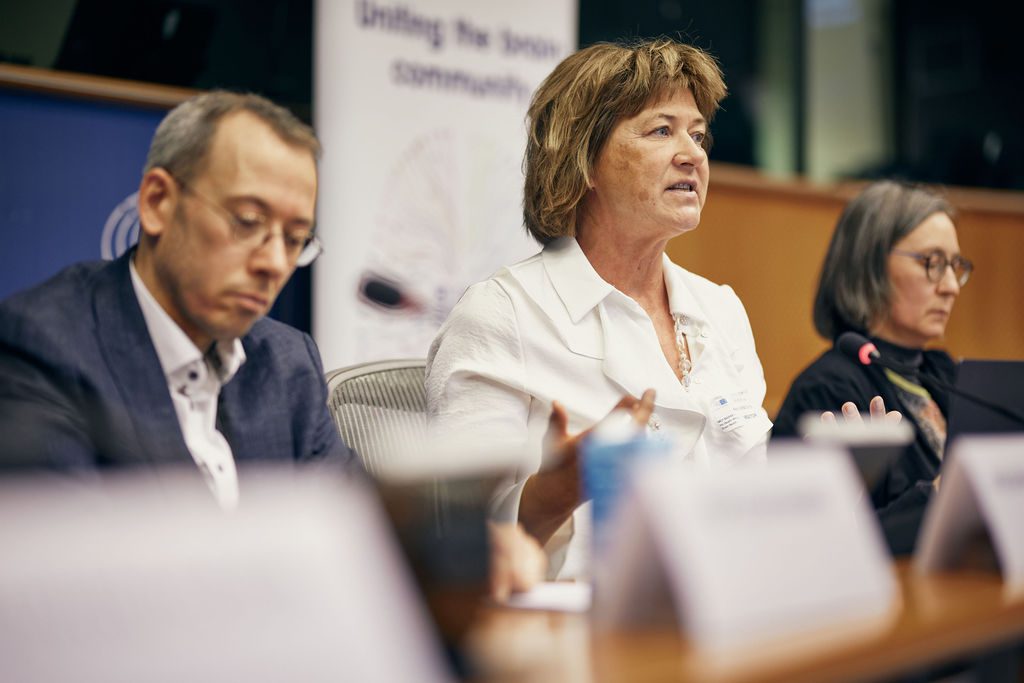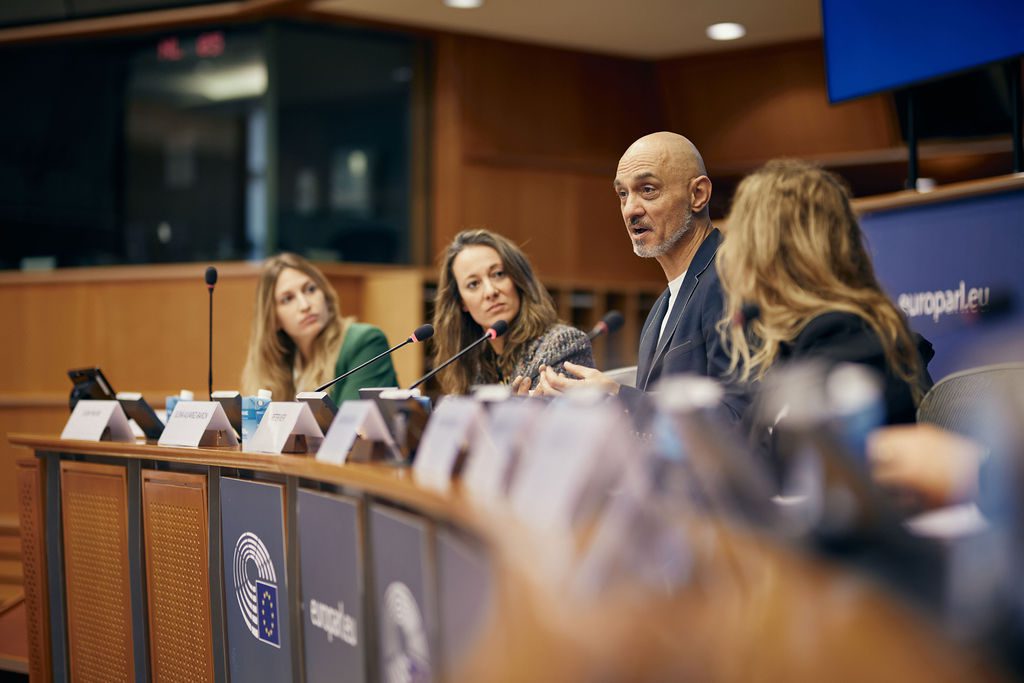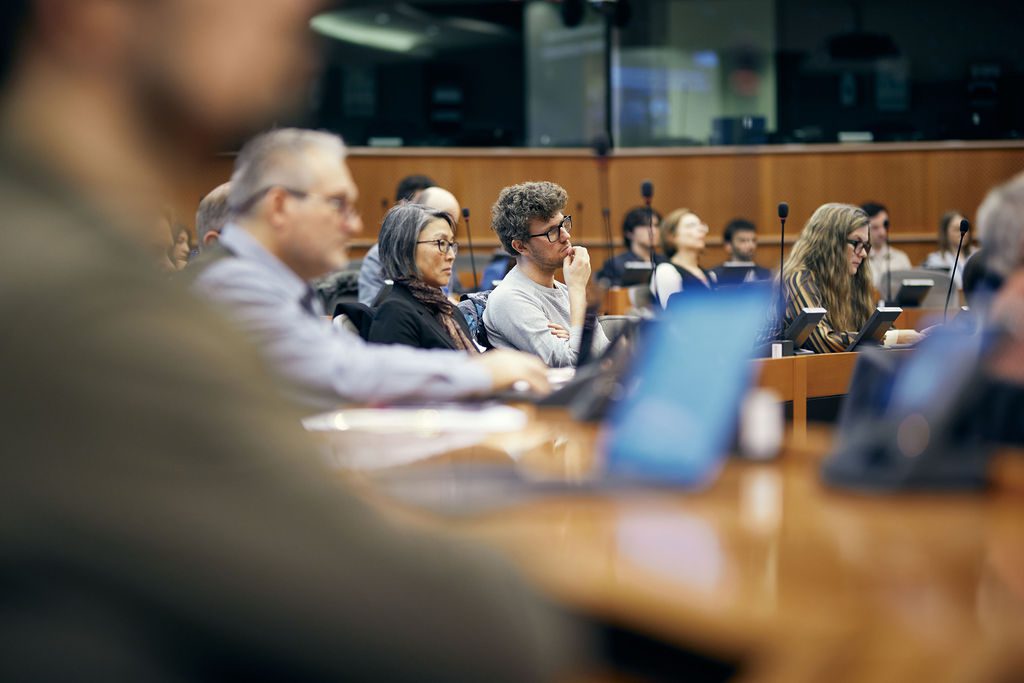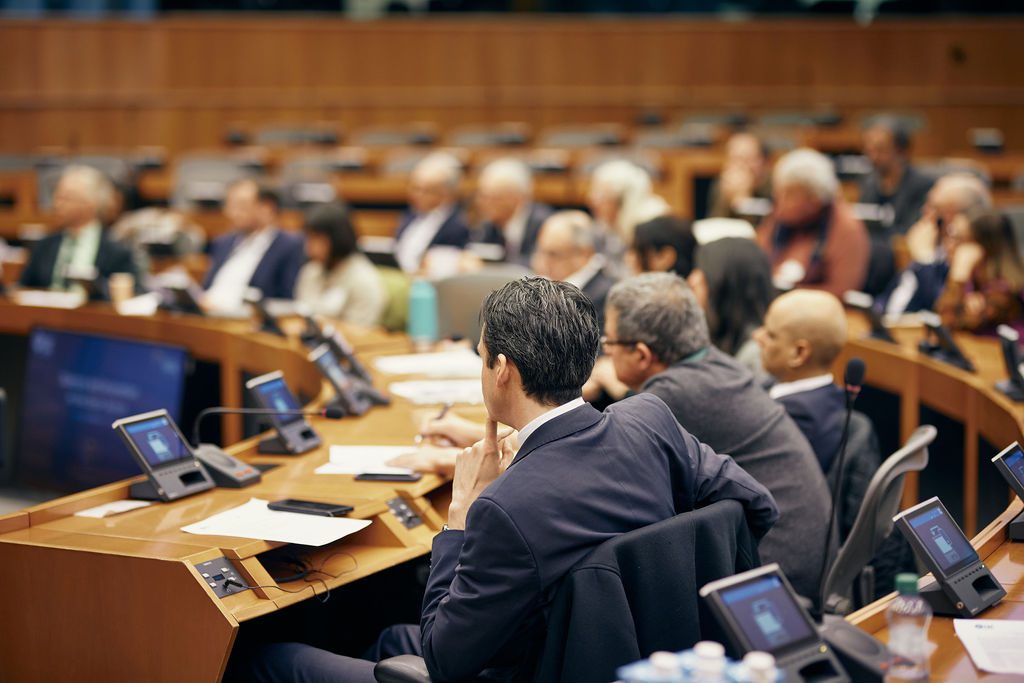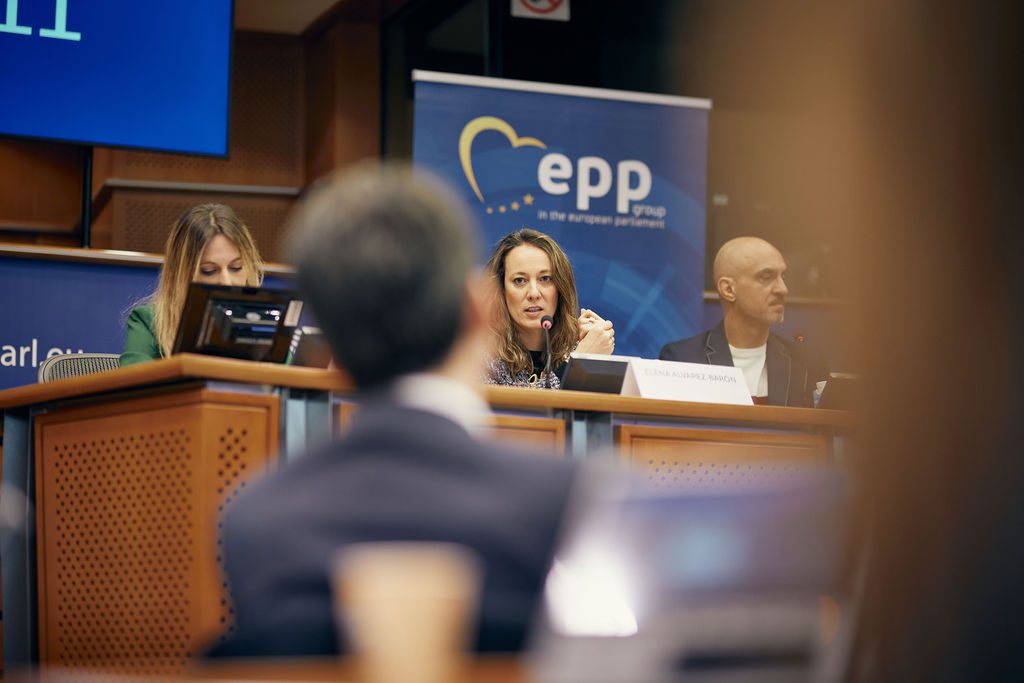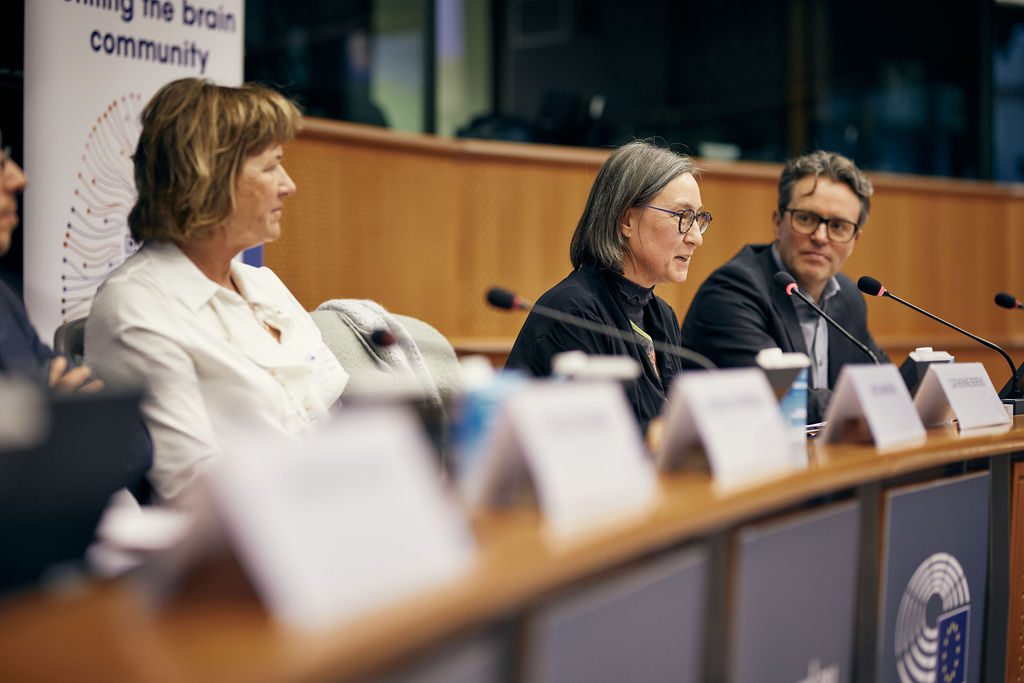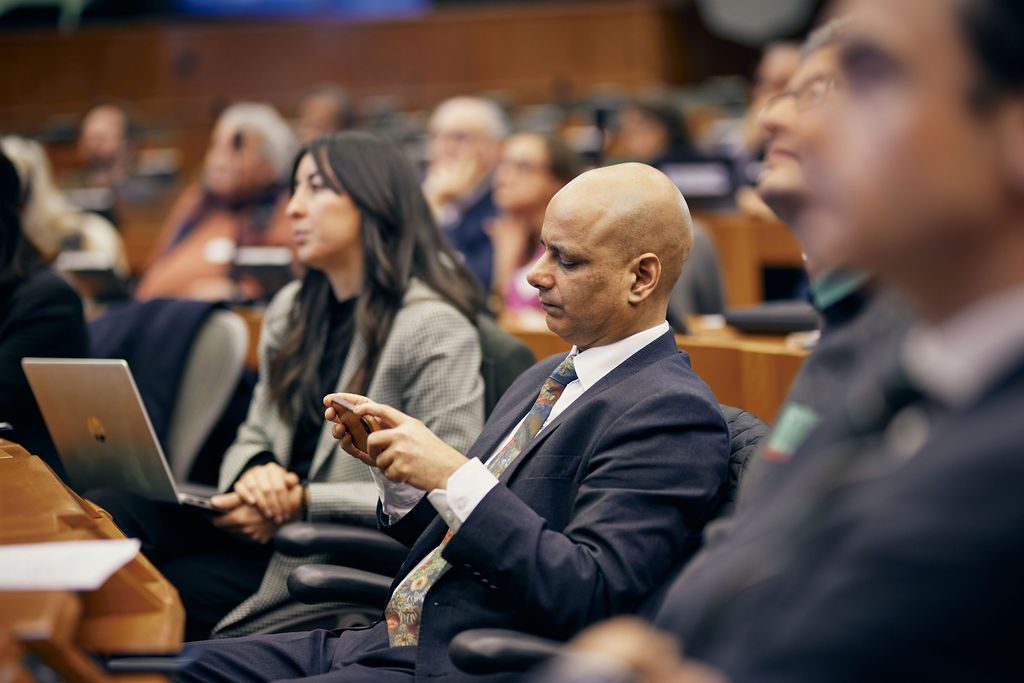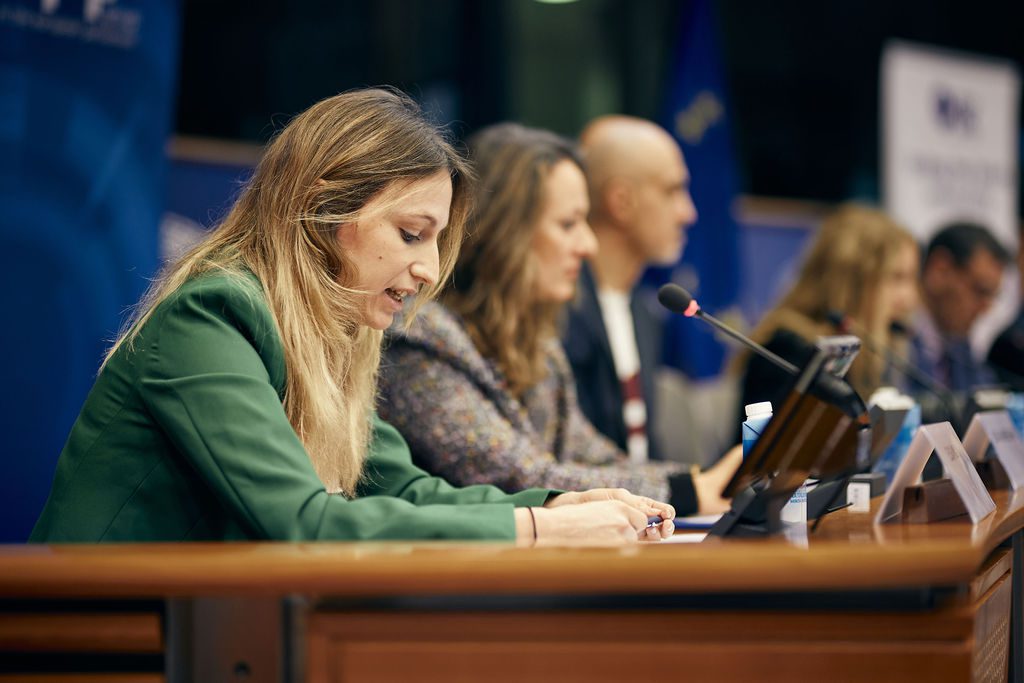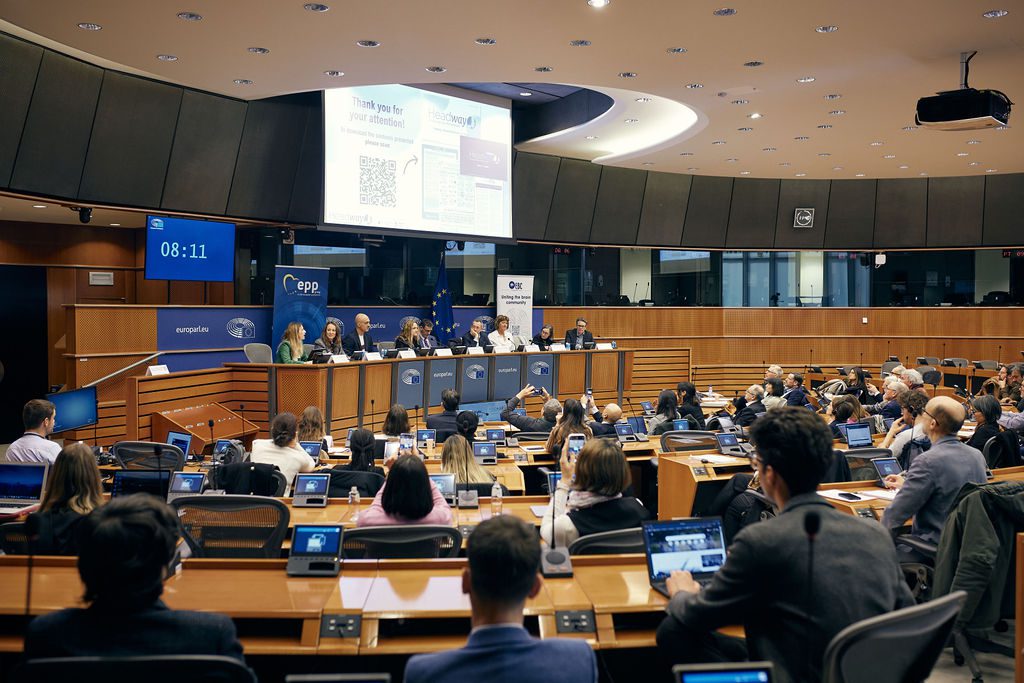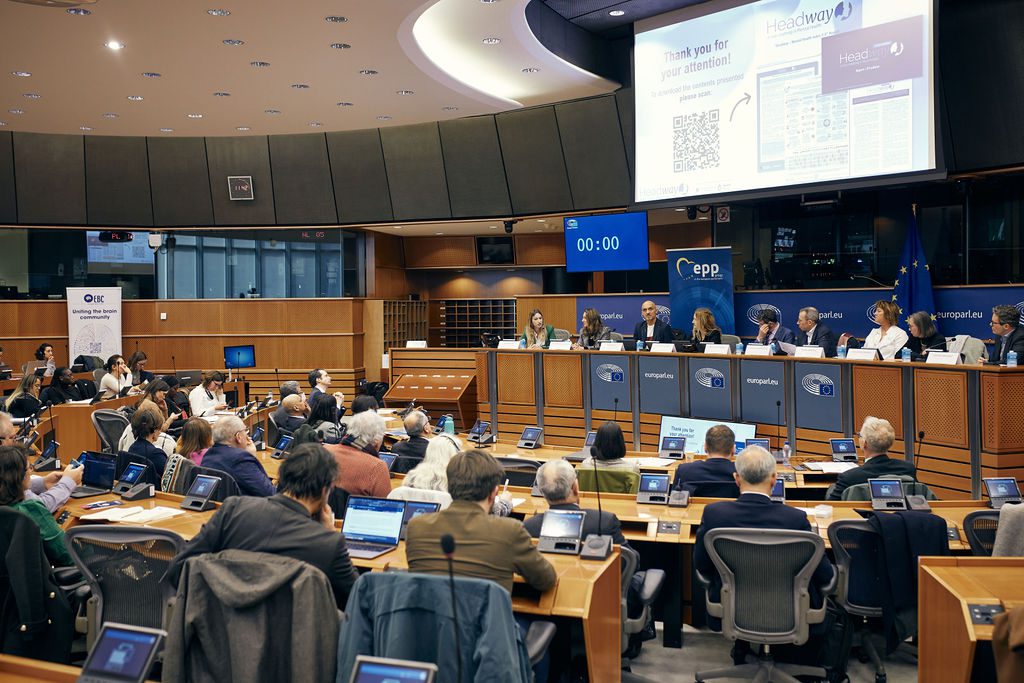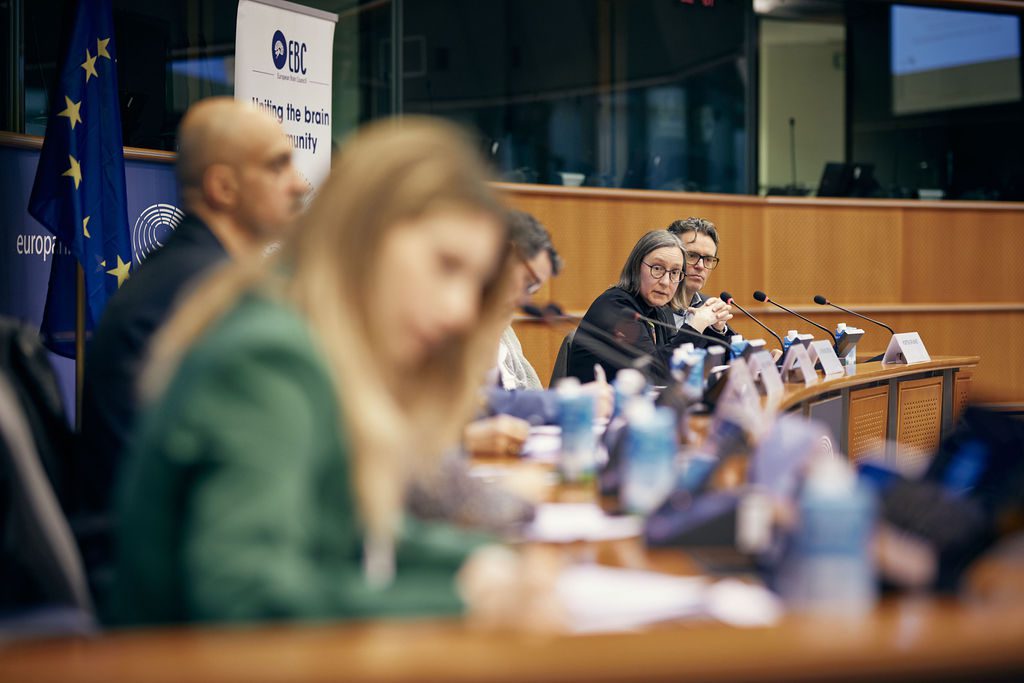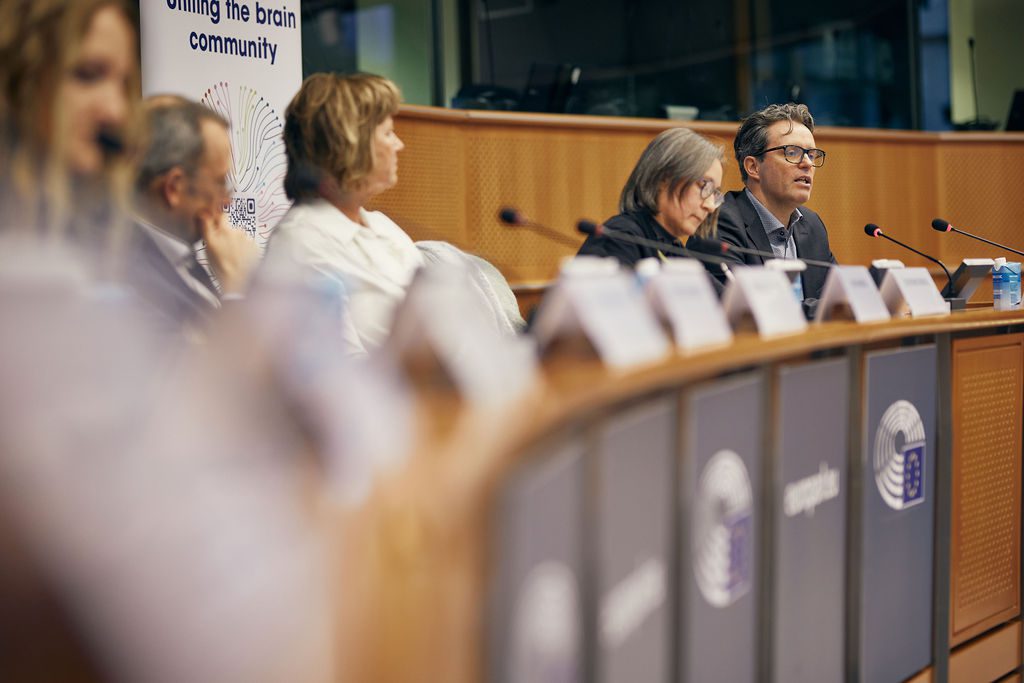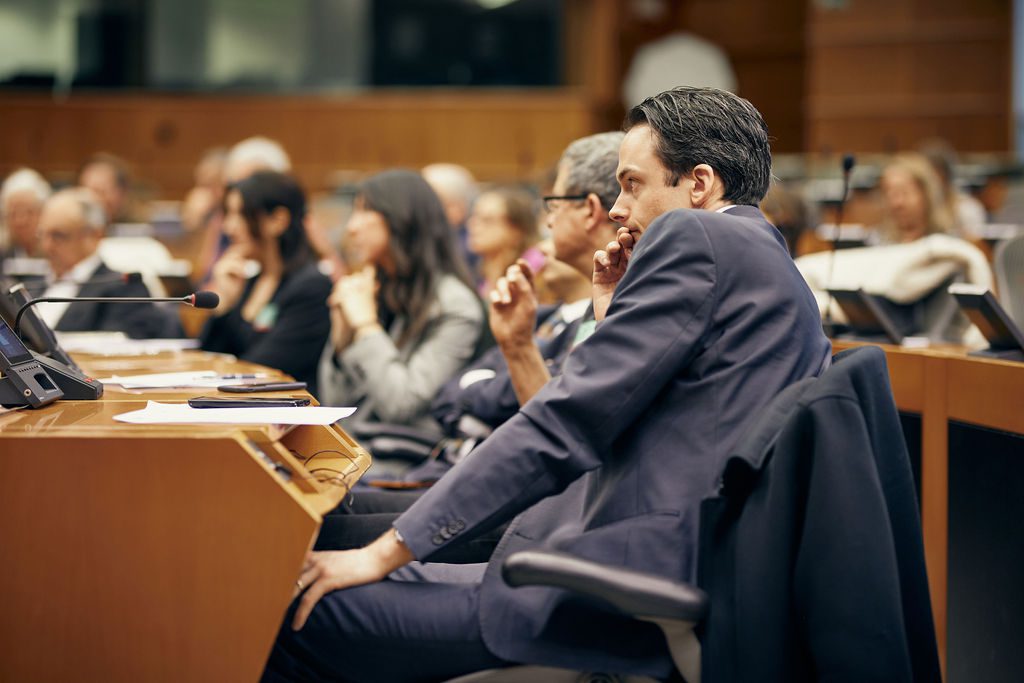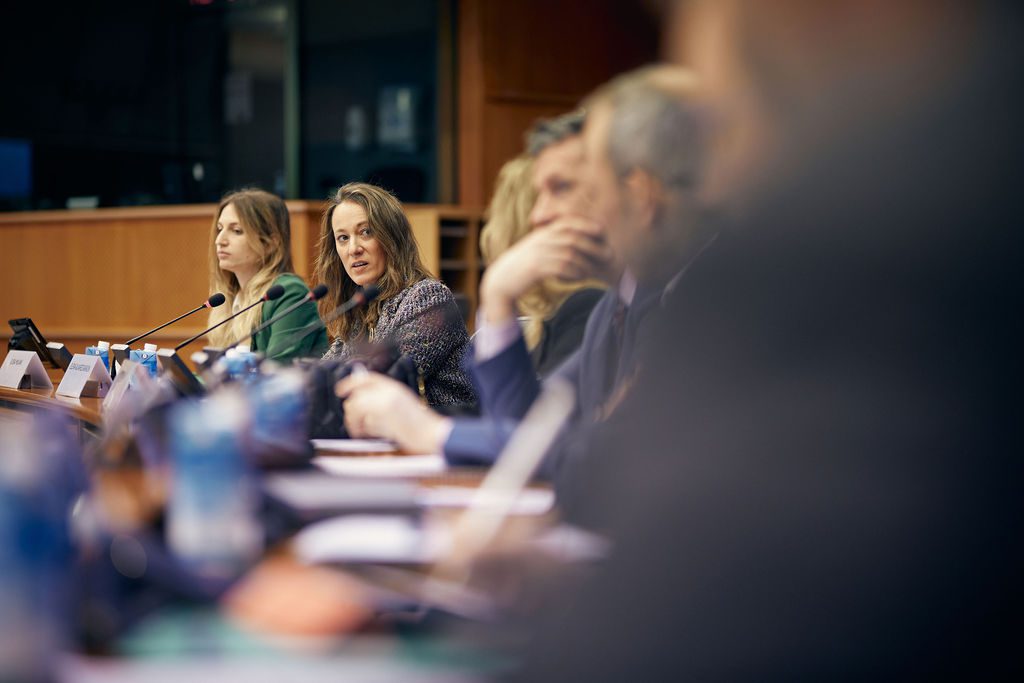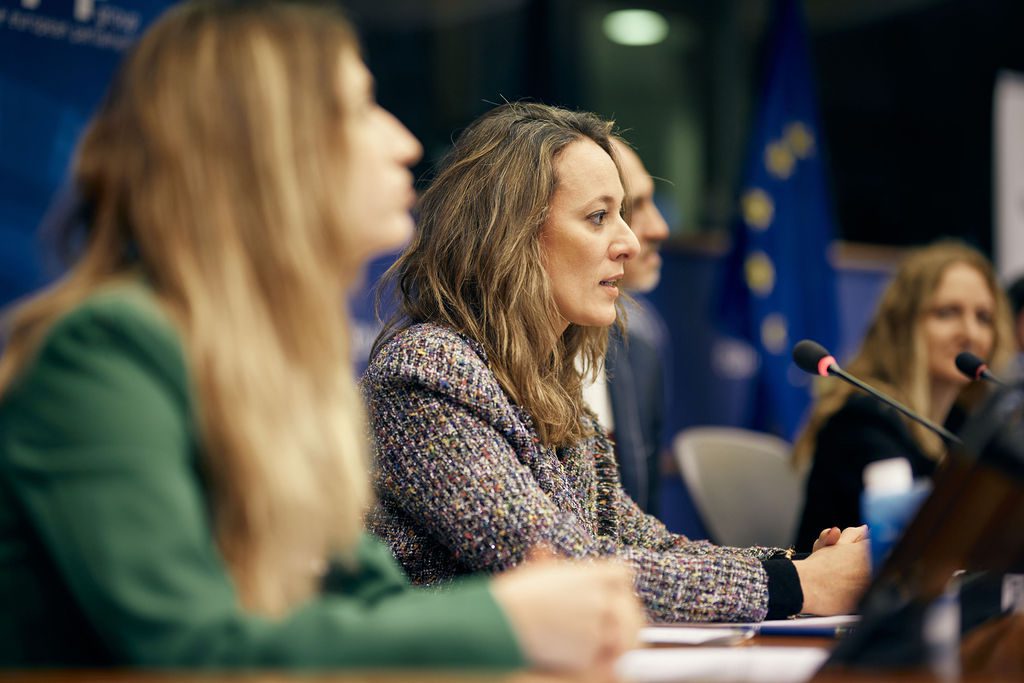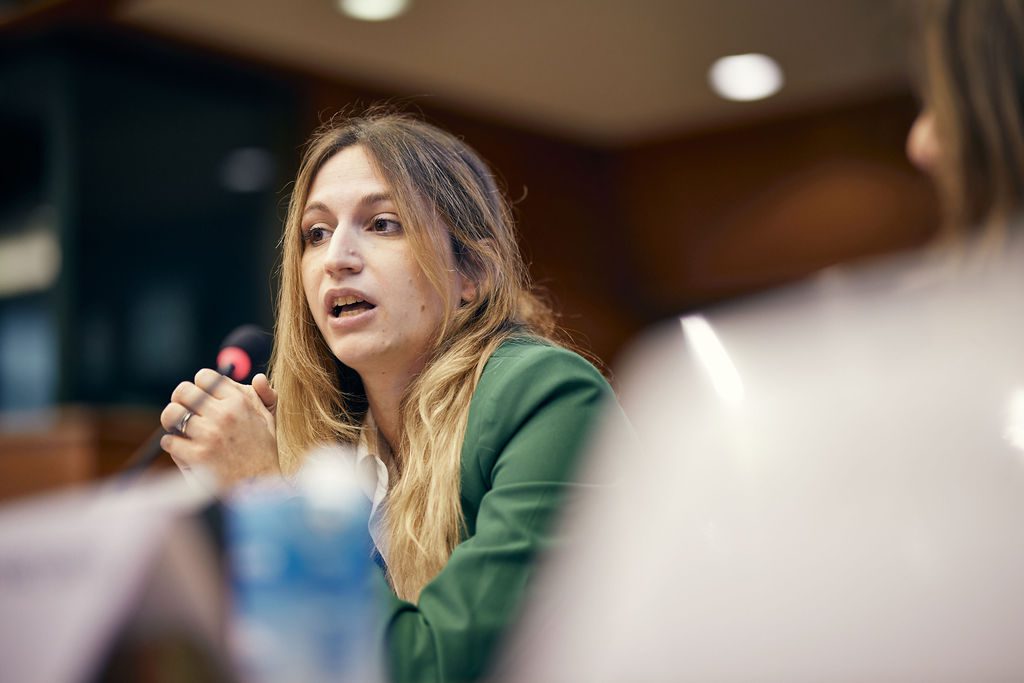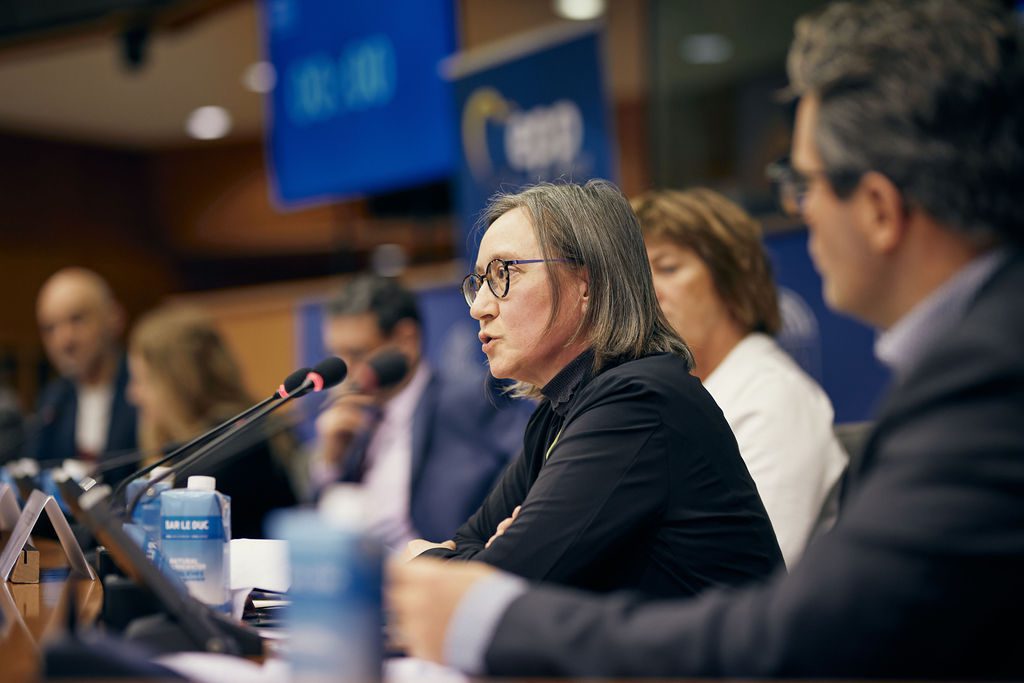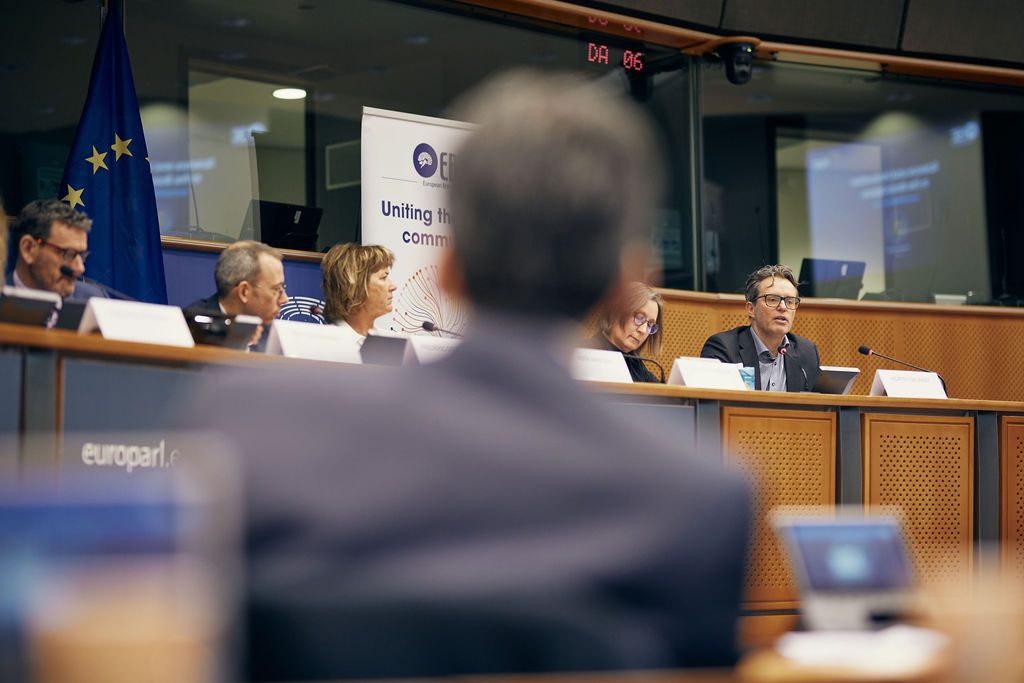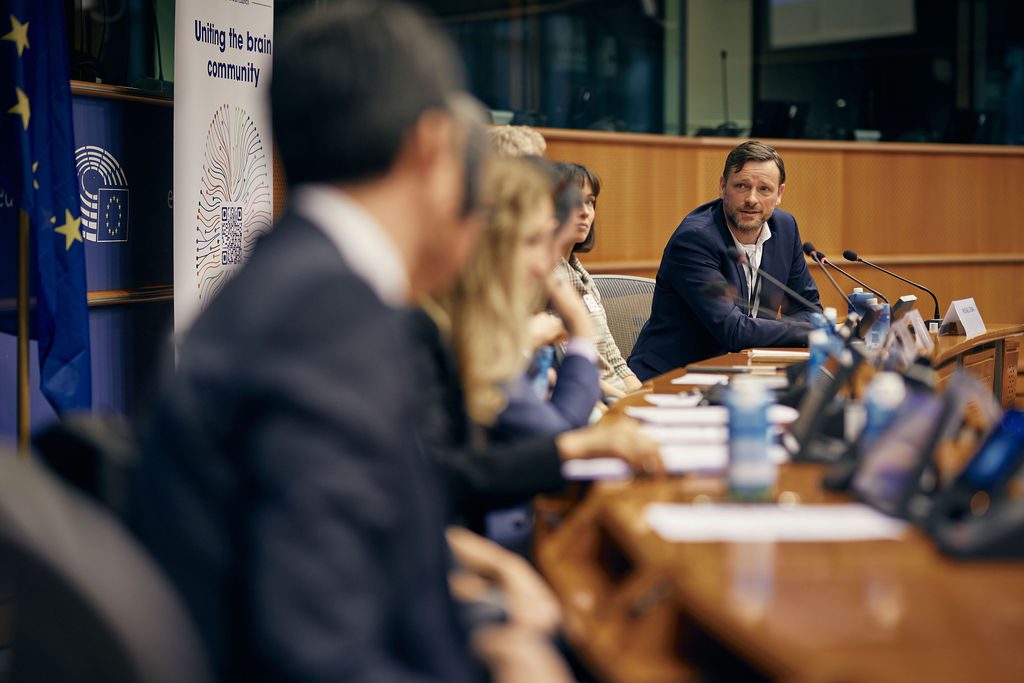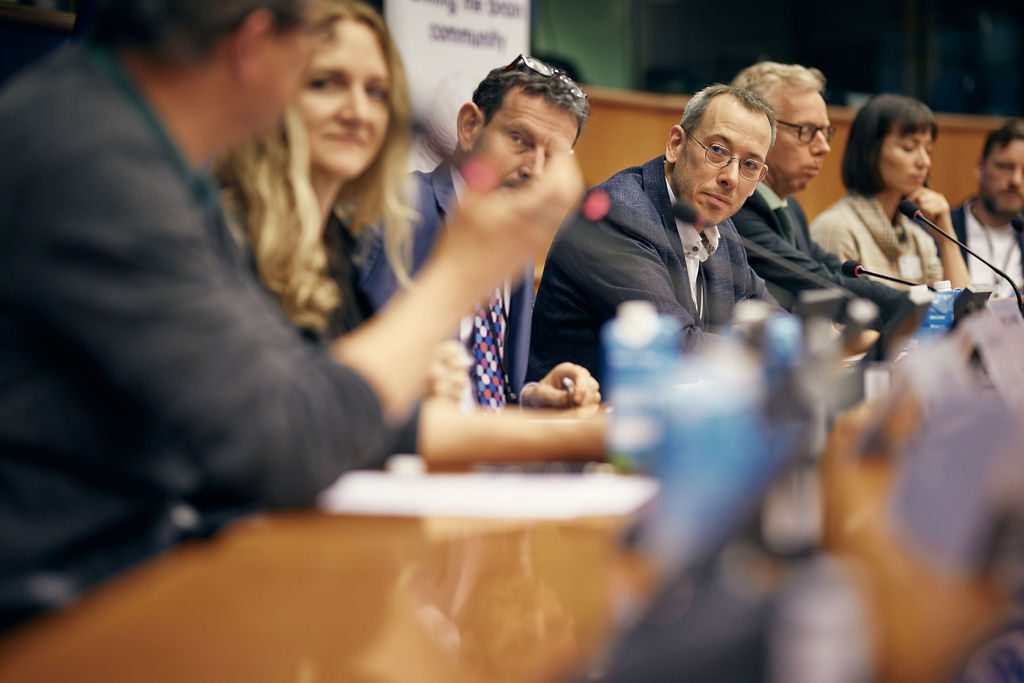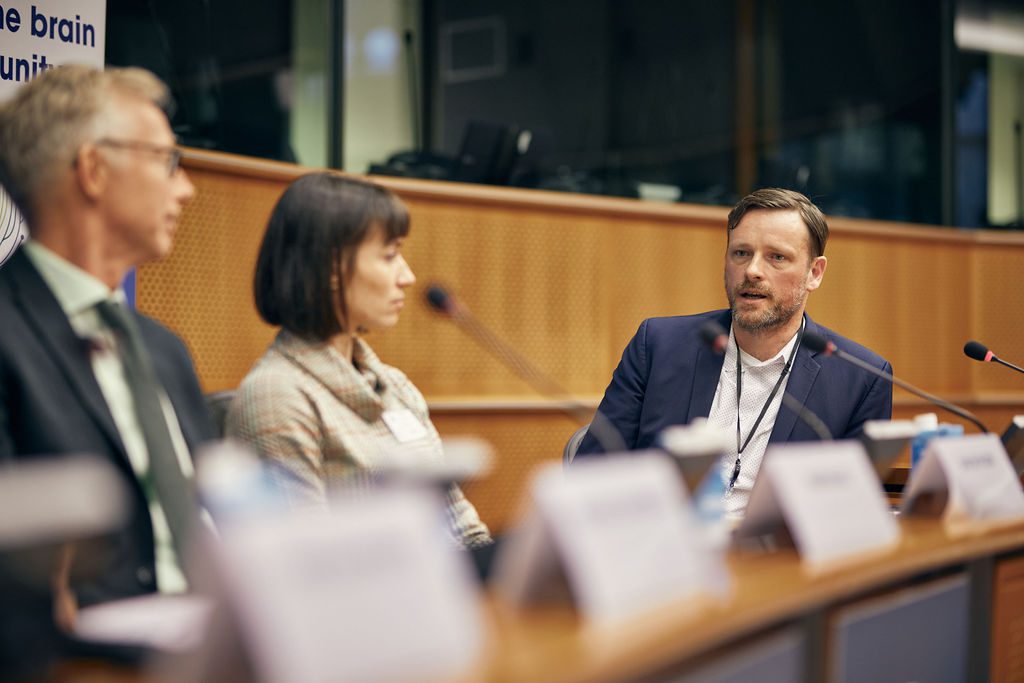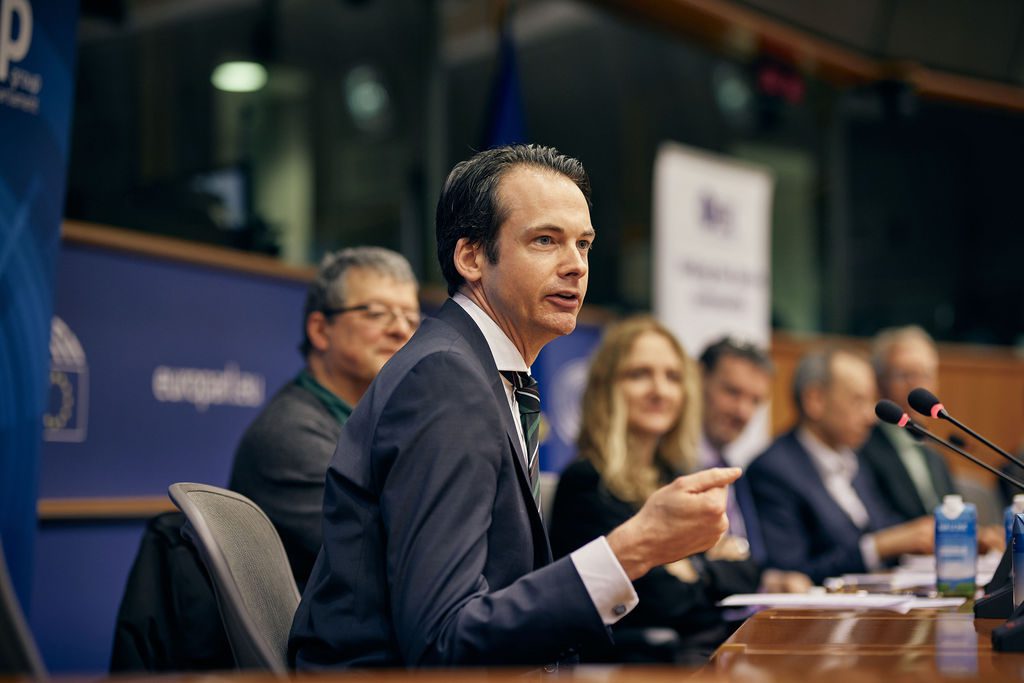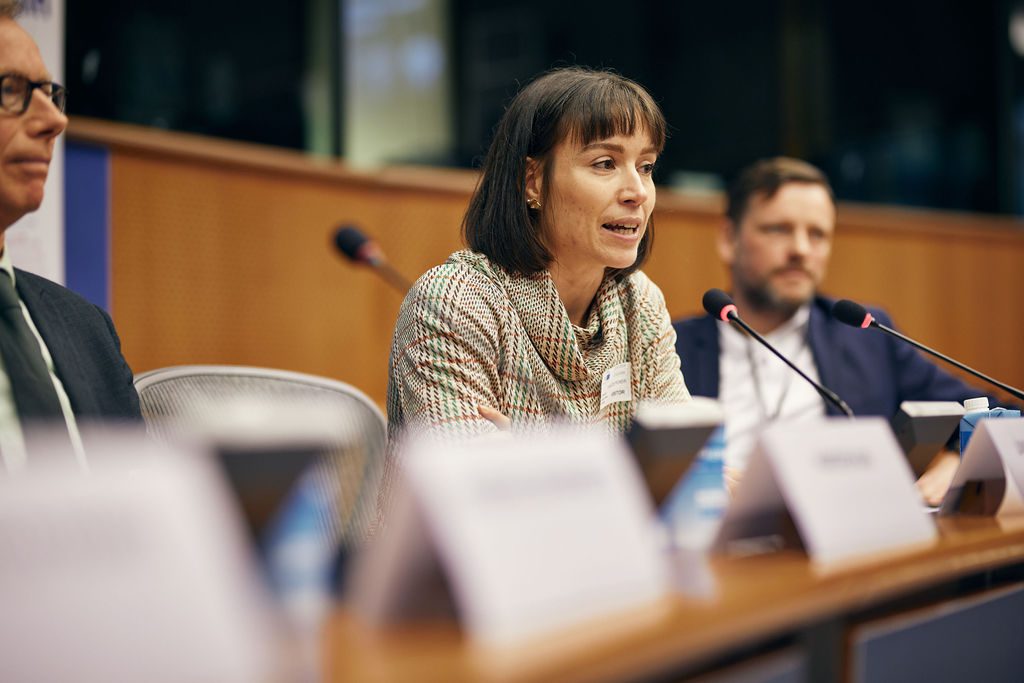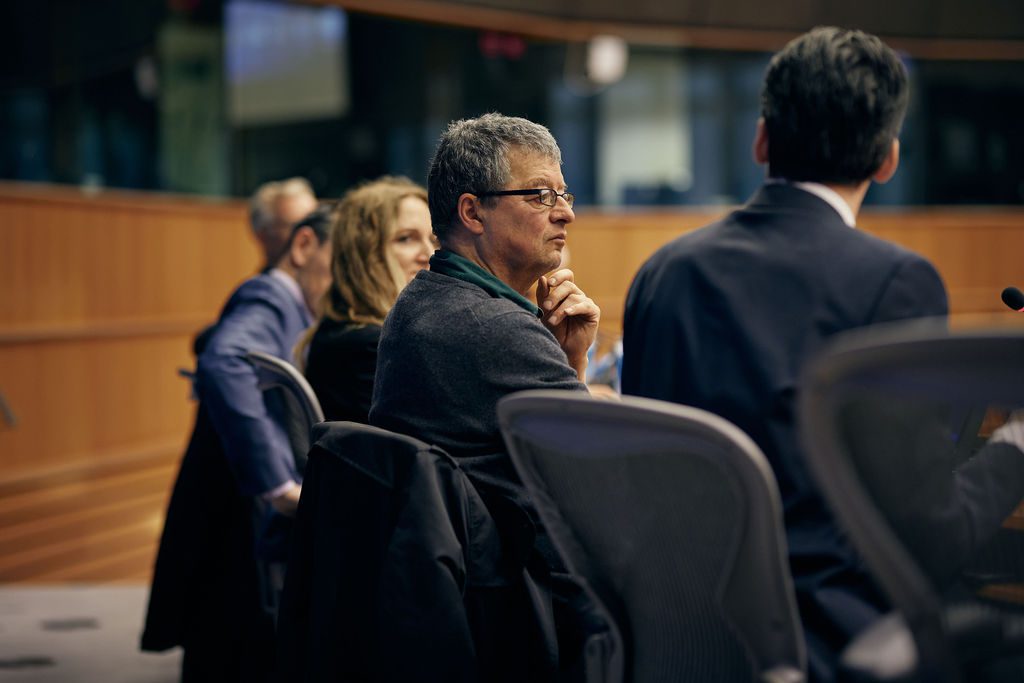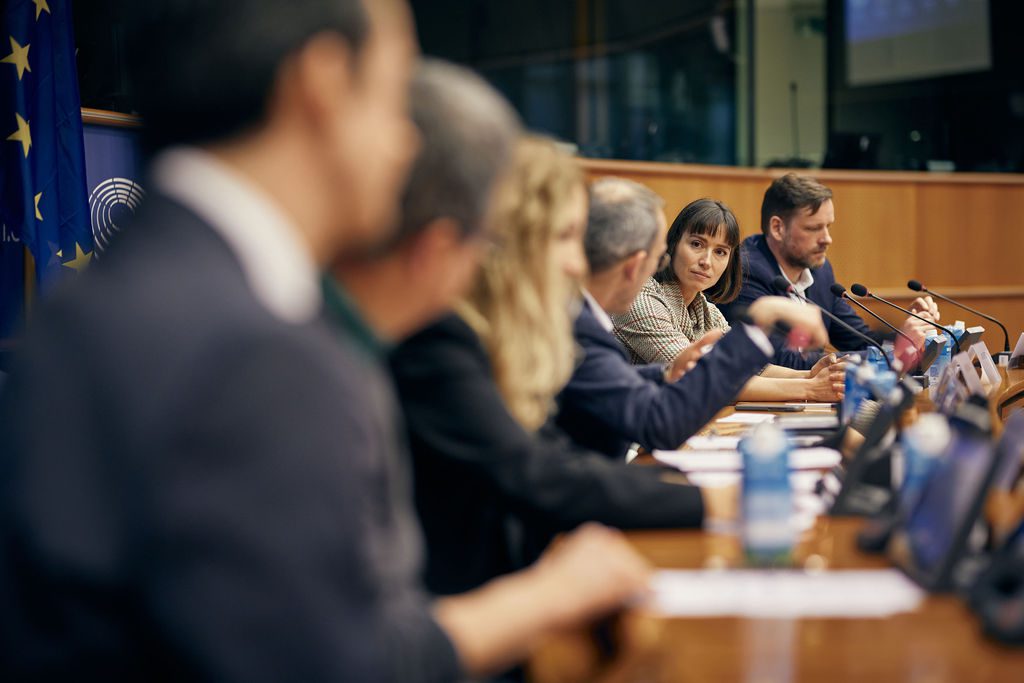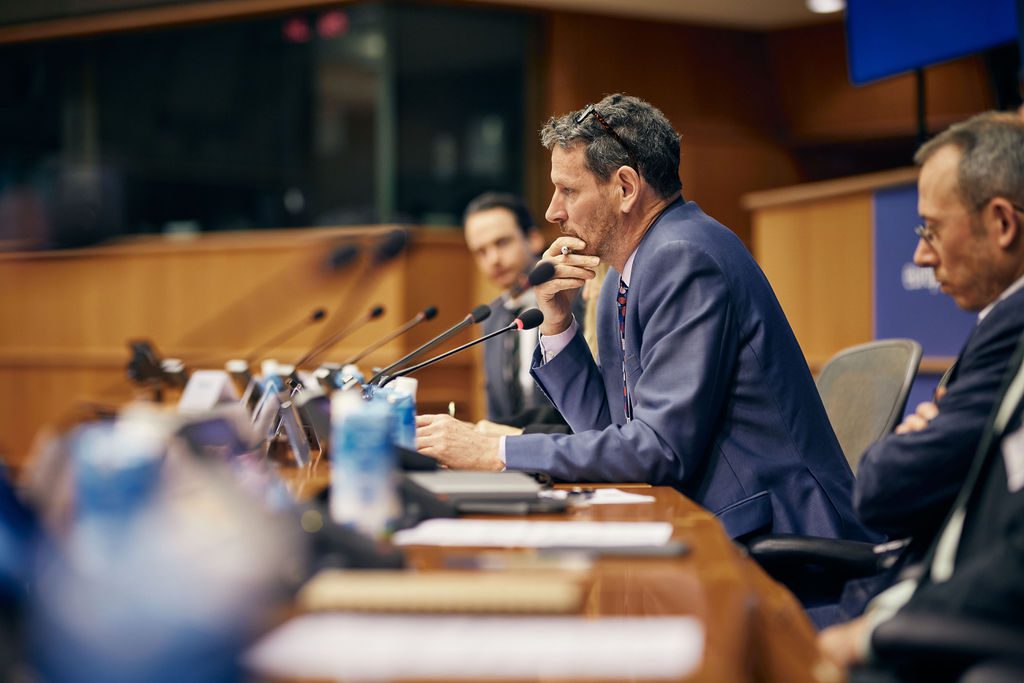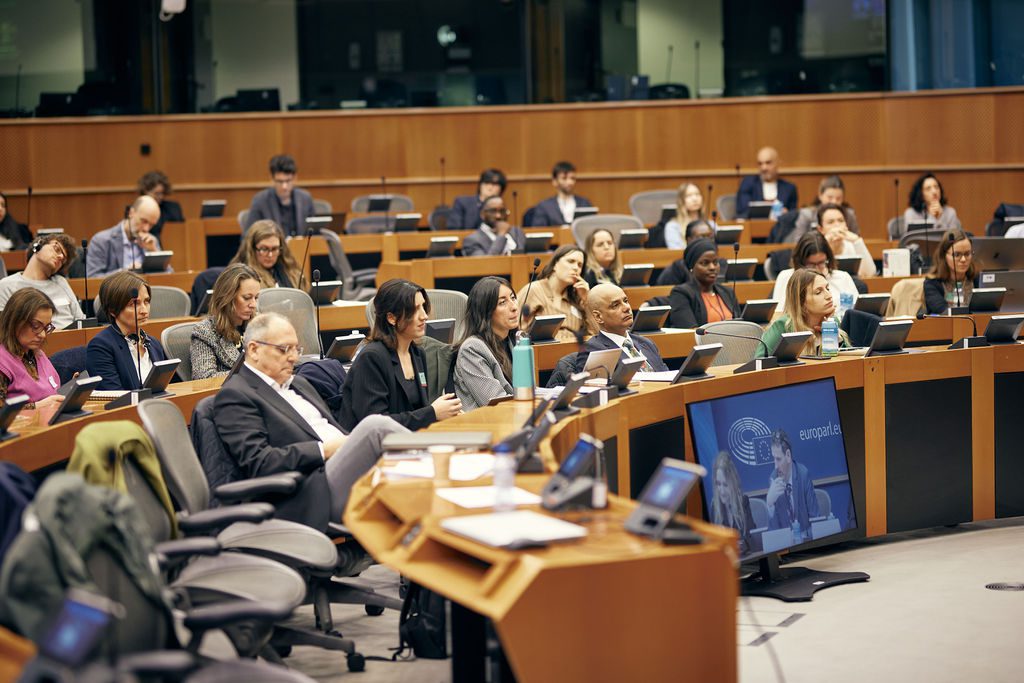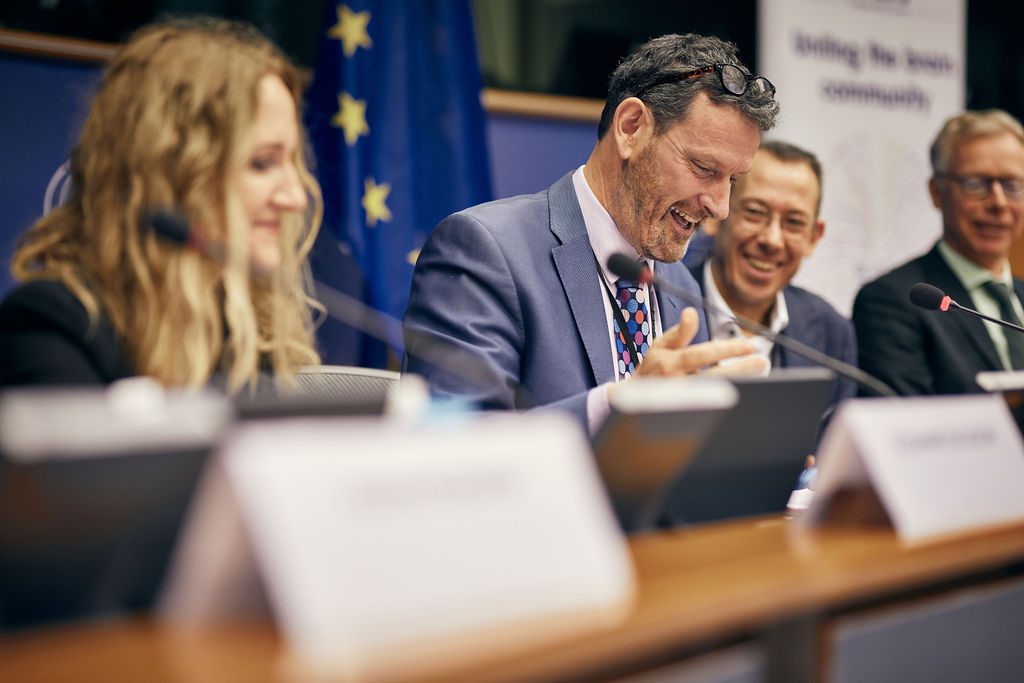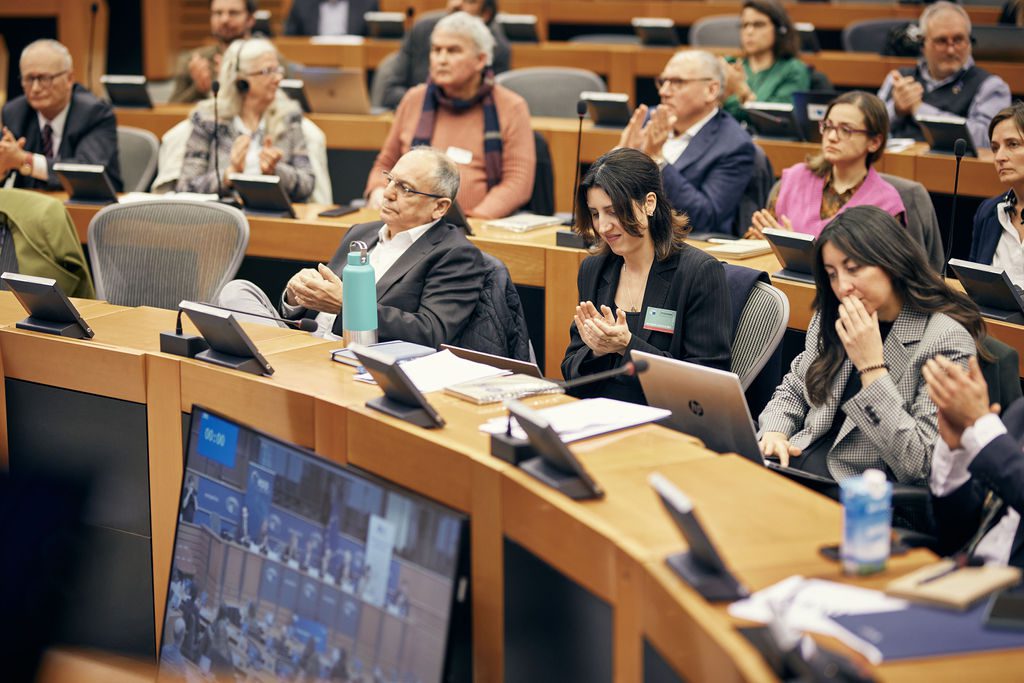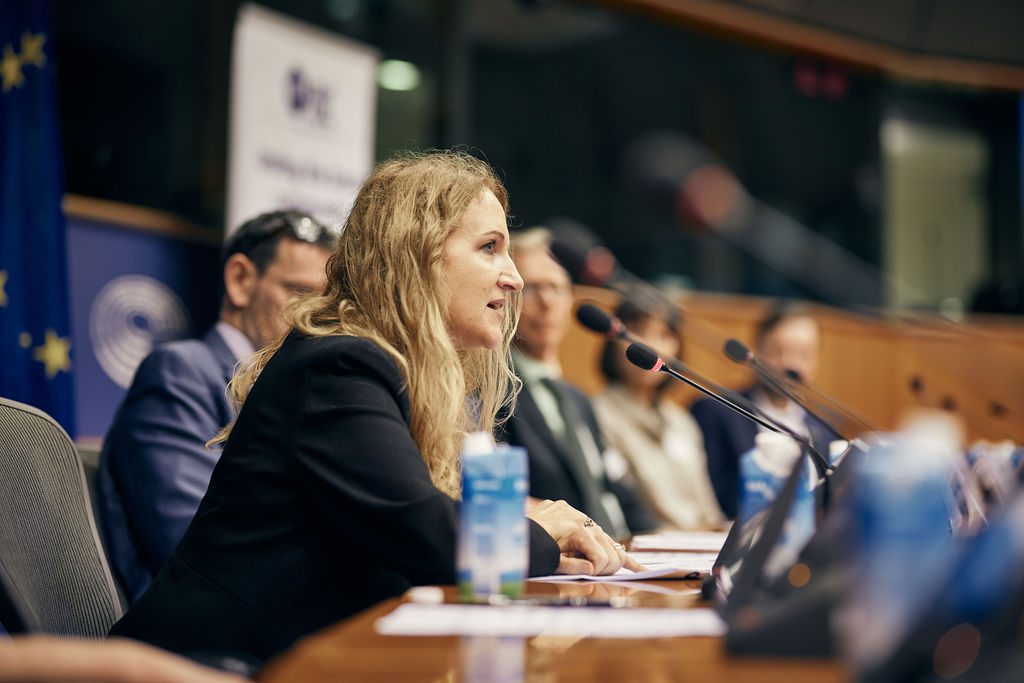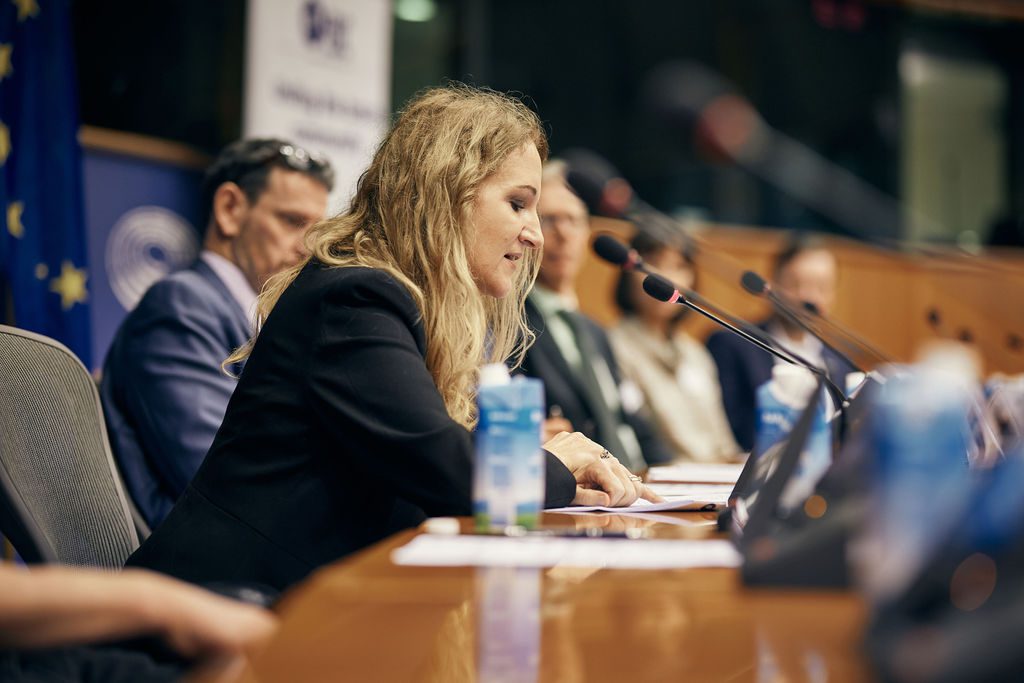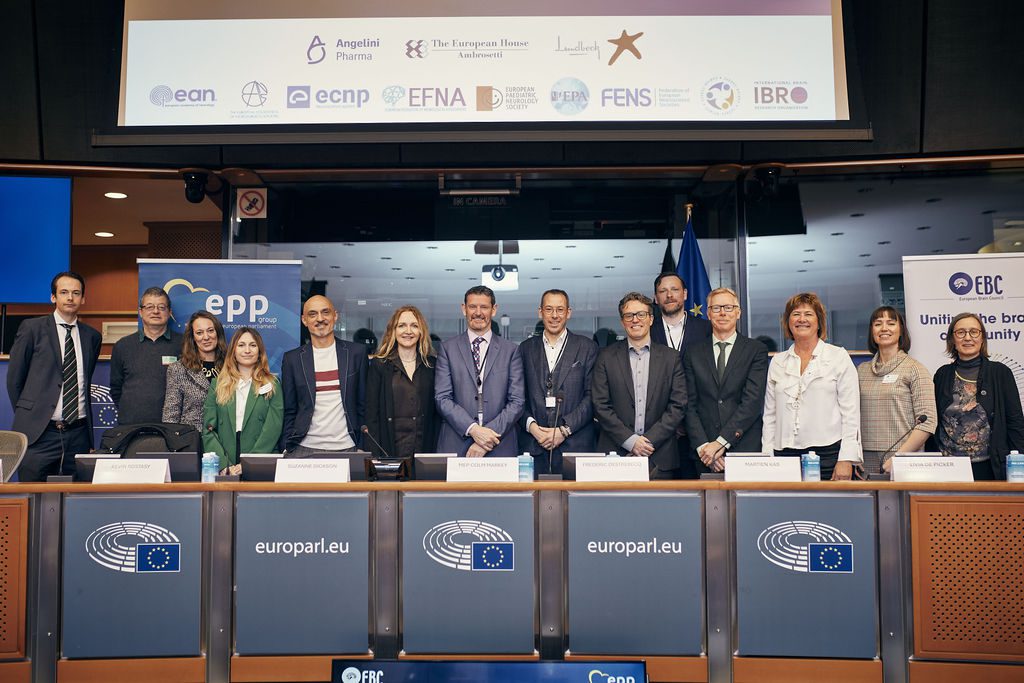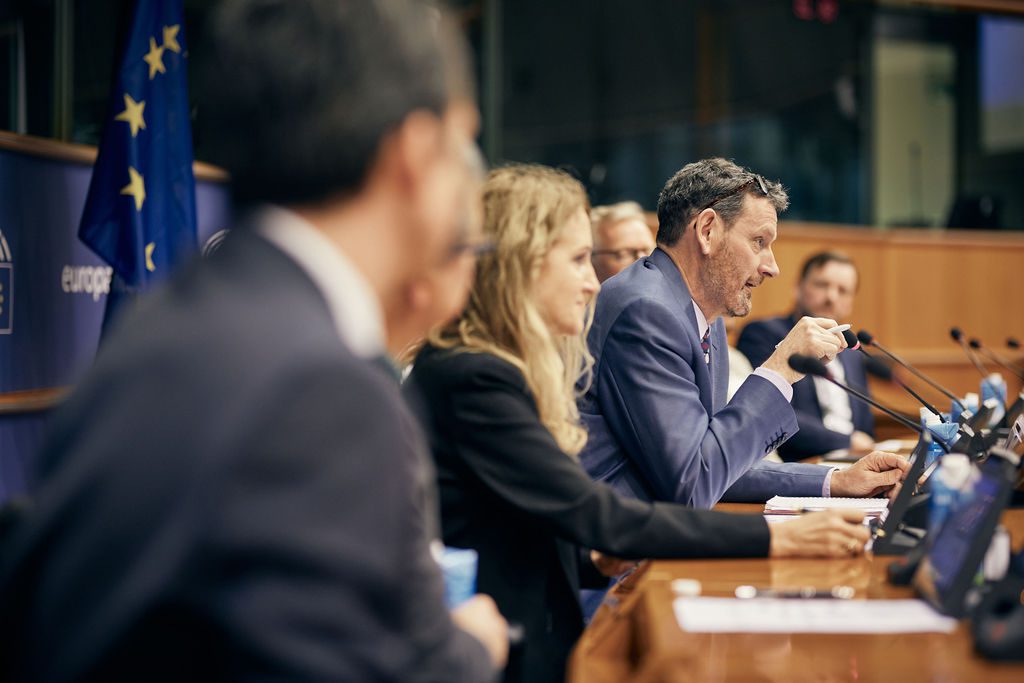

EBC Brain Awareness Week Event 2024: No Health Without Brain Health
07.03.2024 @ 11:00 - 13:00
Across the globe, society is facing brain challenges like never before — improving the health and wellbeing of citizens has become the top priority for many governments and brain health should not be left behind. In the lead up to Brain Awareness Week 2024, EBC will hold its annual event around brain health awareness in line with its ongoing advocacy work such as the Pledge for Science, Global Call to Action and 2024 EU Elections Manifesto, which all call for increased attention, prioritisation and investment in brain health at the European and global levels.
Brain Awareness Week is the global campaign to increase public awareness of the progress and benefits of brain research. Every March, the week unites the efforts of partner organizations world-wide in a celebration of the brain for people of all ages. EBC takes part annually with an initiative to promote and communicate on brain health and research, showcasing ongoing efforts to prevent and treat brain disorders – neurological and mental alike – in Europe. The goal of these activities is to gain more attention for brain health, not only from within the wider brain community but also from EU policymakers and the public, to ensure that more resources are channelled towards prevention awareness, research on the brain and for the 179 million Europeans currently living with some form of brain condition.
Official Aftermovie
Full Event Recording
Speakers
Event Highlights
“If you look at the cost [of brain disorders] to the health services, it is estimated to cost €800 billion a year. It’s the equivalent of cardiovascular, cancer, and diabetes all put together.” – MEP Colm Markey
Host Member of the European Parliament, MEP Colm Markey (EPP, IE) kicked off EBC’s Brain Awareness Week 2024 event, No Health Without Brain Health, by welcoming the audience to the European Parliament and reminding the audience of how crucial tackling the growing burden of brain conditions and prioritising brain health and research in Europe currently is. These conditions, when paralleled with an ageing European population and the aftermath of the Covid-19 pandemic, urgently require increased support at policy level – in terms of public health and research investment— both at the EU and global levels. Prof. Suzanne L. Dickson, EBC President, followed by announcing the ongoing #NoHealthWithoutBrainHealth campaign, which launched ahead of the event, and will run through the European Elections in June 2024 and into the new mandate, calling for an increased recognition and prioritisation of brain health, research and innovation in the European Union. “We not only need to do more, we need to do better,” Prof. Dickson stated, sharing with the audience some of the key policy asks from EBC’s 2024 Elections Manifesto, particularly reiterating strong calls from the brain community for a European Parliament Intergroup on Brain Health & Research.
Testimonies on Lived Experiences and Policy Asks from the Patient Community
Astri Arnesen, President of the European Federation of Neurological Associations, then took the floor to share her lived experience of brain disorders, echoing policy asks from the European patient community. Existing silos across the European Union should be built down, to foster cooperation between all relevant stakeholders, ensure they have access to relevant data and be able to make a real impact for patients. “Please stop overprotecting us. […] Patients dedicate time and efforts to provide information, to provide the data. We want it to be used.”
Péter Kéri, President of GAMIAN-Europe, underlined the stigma surrounding mental health disorders by sharing his own story: “I was lost. I spent years trying to hide my illness. My family wanted me to hide my illness”. Policymaking will not be able to effectively address the burden of brain disorders without actively listening and considering the voices of patients. The need to share knowledge between professional, policymakers and patients, coupled with increased support and funding is the only way to tackle the disparities and inequalities that persist for patients across Europe.
Addressing the Burden and the Challenges of Brain Disorders
“When we look into the future, to 2030, we can see that brain health disorders will be responsible for over 11 million deaths. If we look at disability, this represents 240 million years lived with disabilities. This is the reason why we are here today: to put brain health at the top of the agenda.”
Looking ahead towards a new roadmap in brain and mental Health, Elena Alvarez-Barón, Global Medical Affairs Director Specialty Care at Angelini Pharma, reminded the audience of the importance to foster collaboration while making brain health a priority. To ensure care pathways are harmonised across Europe, research must be adequately funded and supported, and healthcare systems must be thoroughly compared and analysed to highlight examples of good practices. Co-presenter, Elisa Milani, Senior Consultant for Healthcare Area at The European House – Ambrosetti, then presented the Headway Initiative, a concrete example highlighting state of the art practices in the management of brain disorders. This demonstrates how crucial having proper data available is for policymakers to make informed decisions when tackling the burden of neurological and mental disorders.
“We have heard a lot about numbers. Just remember that behind every single one of these numbers, there is a person that suffers. And I think we have an almost ethical obligation to do everything we can, with the competences we come with, to help these patients.”
Next, Morten Grunnet, Vice President and Head of Neuroscience at Lundbeck, spoke on the latest Science and Innovation in the Brain Space, asserting that individual data is of no interest to the industry: the main goal is to detect patterns in the development of brain disorders. While the human brain is a relatively new field of research, several breakthroughs are happening in the field, highlighting the European Union’s position at the forefront of brain research. This position can only be kept if research infrastructures are properly maintained. “From a scientific perspective, we have a very good and competitive environment in Europe right now. It’s an opportunity, and almost a need, that we keep this competitive environment…we have to secure that innovation stays in Europe.”
Catherine Berens, Deputy Head of Unit, DG Research and Innovation, People Directorate – D1 ‘Combatting Diseases, European Commission, provided insight on the State of Brain Research in Europe, detailing the various initiatives funded by the European Union to promote and foster brain health, research and innovation. Over the next few years, the main goal will be to structure the European brain research ecosystem around umbrella initiatives, such as the CSA BrainHealth (in which EBC is a partner) –paving the way towards a European Brain Health Partnership in 2026. While the need for increased research and investment is real, prevention must not be left aside, as it also plays a crucial role in tackling the burden of brain conditions.
“We have come to a point where time is really ripe to go to the next level and bring these initiatives together […] under the same umbrella to further strengthen the European brain area and boost European competitiveness in that field.”.
Panel Discussion: Policy Asks from the Brain Community in View of the EU Elections
Frédéric Destrebecq, Executive Director of the European Brain Council, opened the panel of EBC Members representing the leading European scientific and clinical organisations, inviting them to relay key policy asks from the brain community ahead of the 2024 European Elections.
“Brain health does not start in adulthood. Brain health starts even before pregnancy,” Prof. Kevin Rostasy, President of the European Paediatric Neurology Society initiated the discussion by highlighting the importance of considering brain health across the entire lifespan, taking into account the effects of multiple environmental determinants. Prof. Martien Kas, President of the European College of Neuropsychopharmacology, acknowledged the increased efforts of the European Union in funding research projects, but however recalled that a significant number of very promising ones still remain underfunded or without any funding at all.
“Time has come to bring the right treatment to the right patient at the right moment in time. What this requires is a fundamental understanding of the brain, in health and diseased.” – Martien Kas.
Prof. Livia De Picker, Board Member and Chair of the Publication Committee of the European Psychiatric Association, then discussed the necessity for brain health to really be understood as encompassing both neurological and mental health. “Given the complexity that we are facing, we really cannot afford to compete against each other. We really need to collaborate between neurologists, psychiatrists, neuroscientists, psychologists, and other allied specialities, to solve the challenges that we are facing.”
Dr Tomás Ryan, representing the Federation of European Neuroscience Societies, emphasized the lack of funding in Europe for basic brain research: This lack of competitiveness is one of the reasons behind the current brain drain, which further undermines the European research and innovation ecosystem. “There is no brain health without brain understanding, and therefore we cannot have investment without investigation into how the brain works.” Michael Crean, Deputy Executive Director and Head of Advocacy of the European Academy of Neurology, urged for coordination and support at the EU level for national brain health plans, in order to avoid fragmentation and siloing of knowledge across Europe.
Concluding Remarks by Host MEP, Colm Markey (EPP, IE) and EBC President, Prof. Suzanne Dickson
MEP Colm Markey reflected on the various presentations and policy asks voiced during the event and reiterated his support for the cause of brain health, acknowledging the potentials for the creation and need for a Parliamentary committee or intergroup on brain health in the European Parliament during the next mandate, and the need to break past the traditional silos of neurological health, mental health, and address brain health as one. Prof. Suzanne L. Dickson thanked the audience for gathering in Brussels for this event and shared a message of hope for the years to come considering the significance of the discussions held throughout the event for the future of brain health and brain science in Europe.
Special thanks to our event partners for their support:
